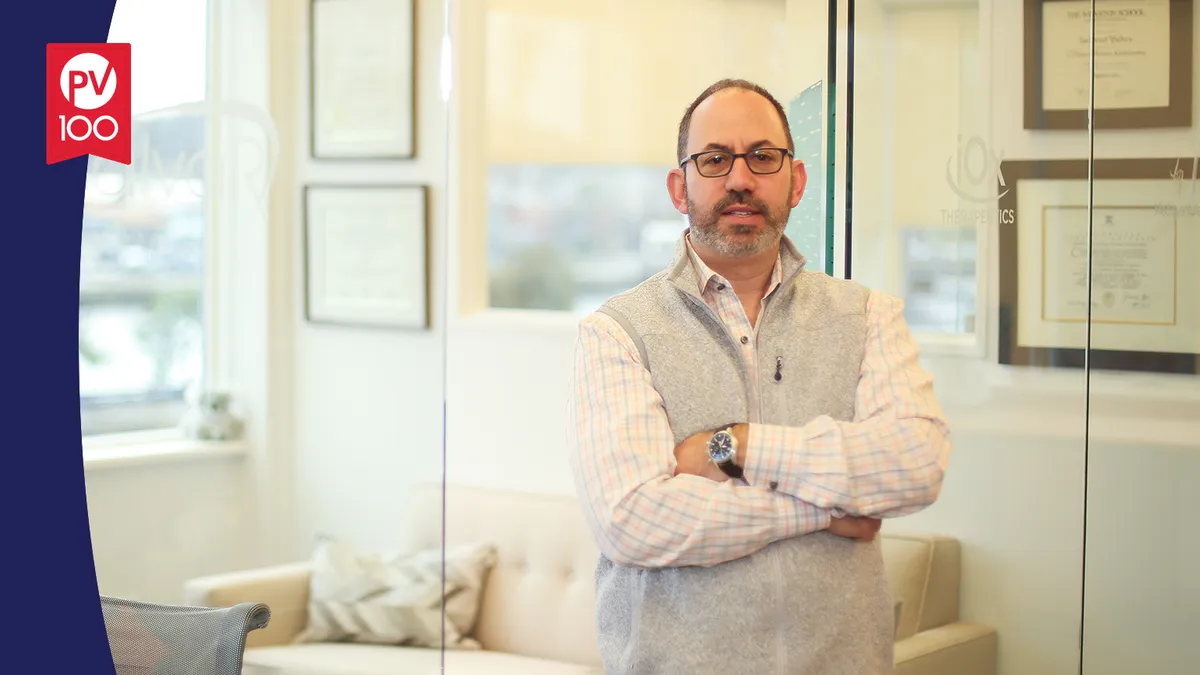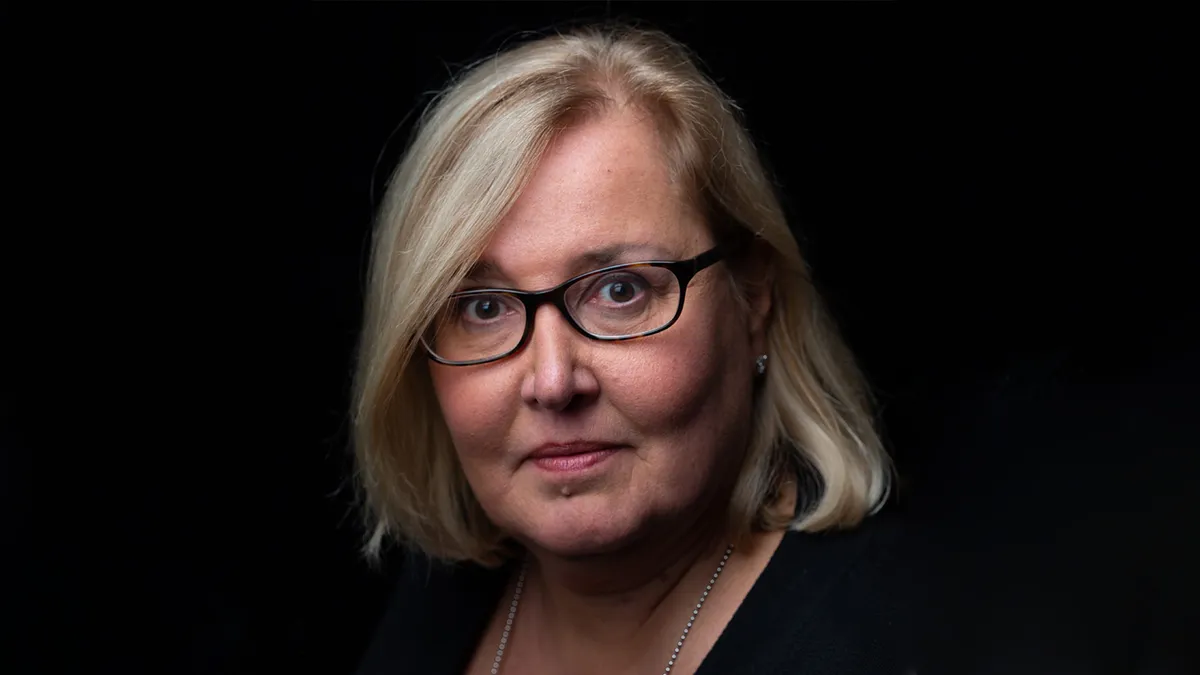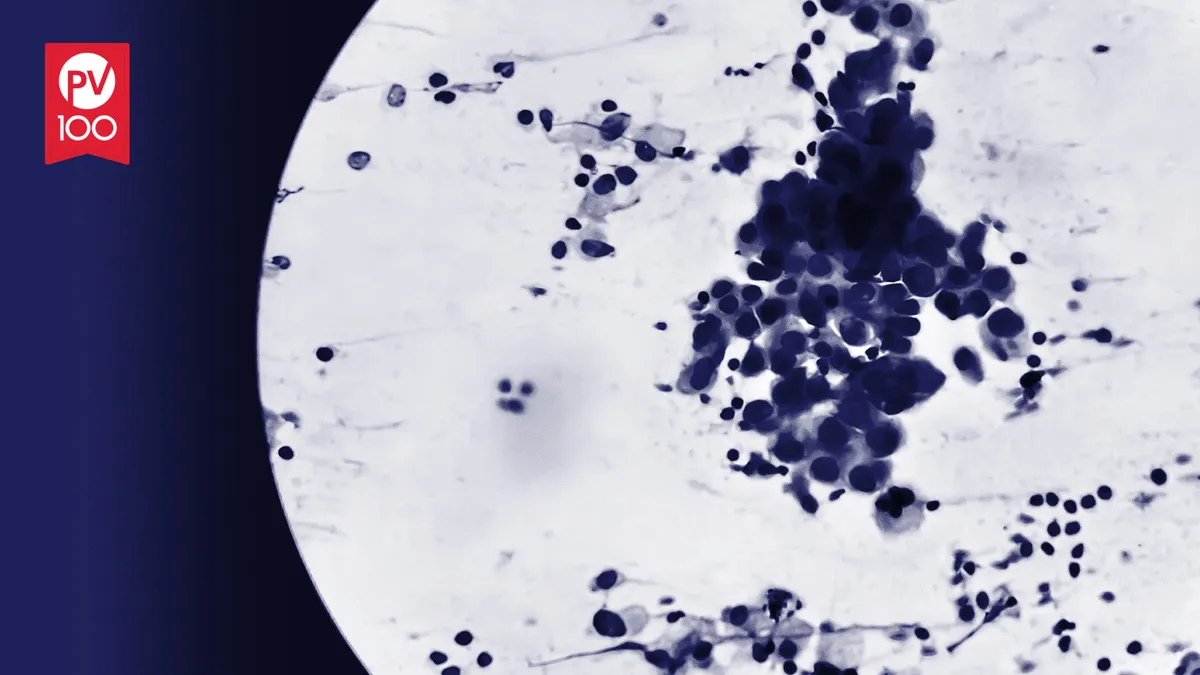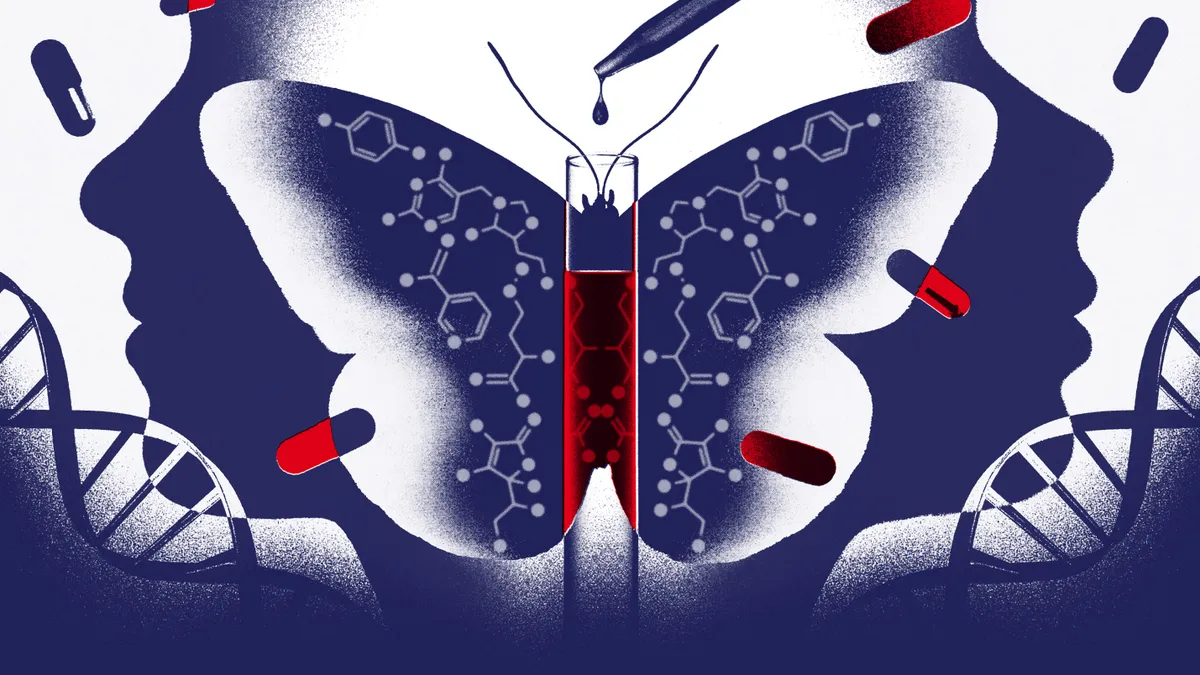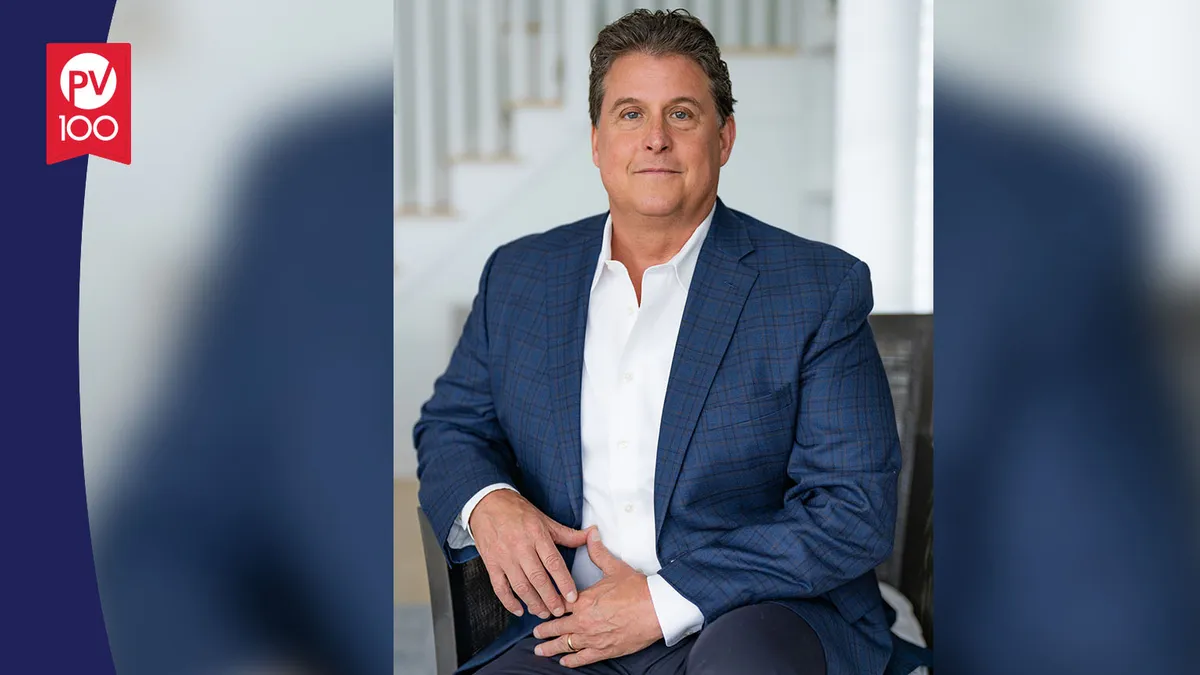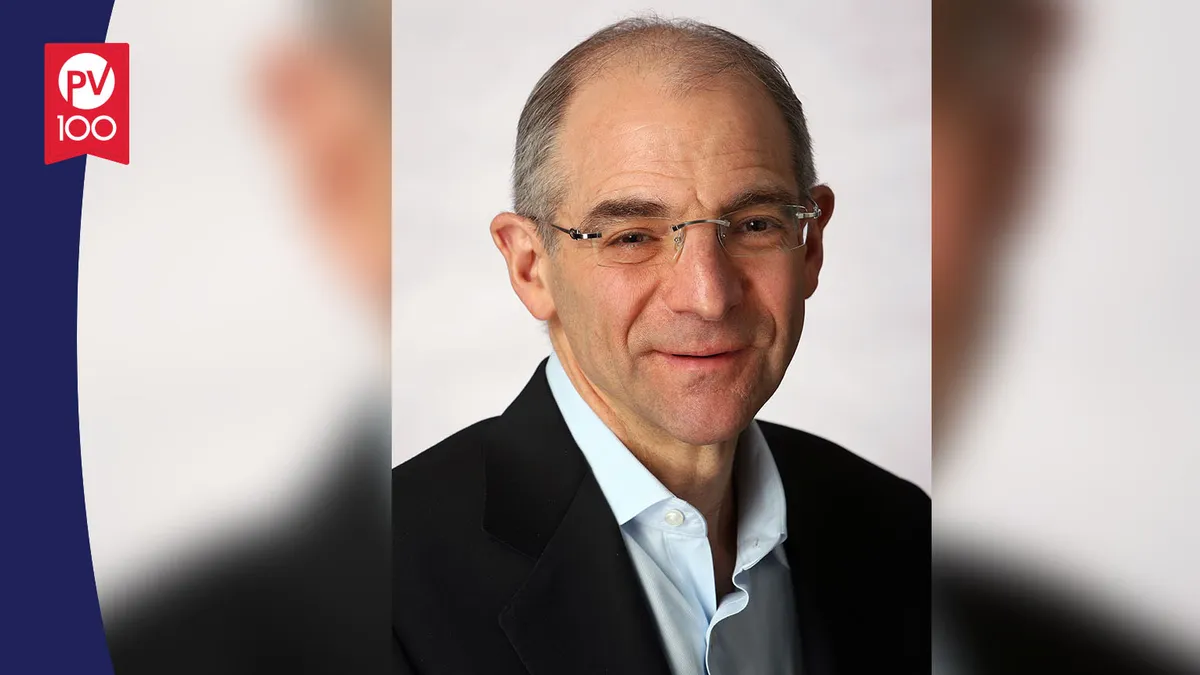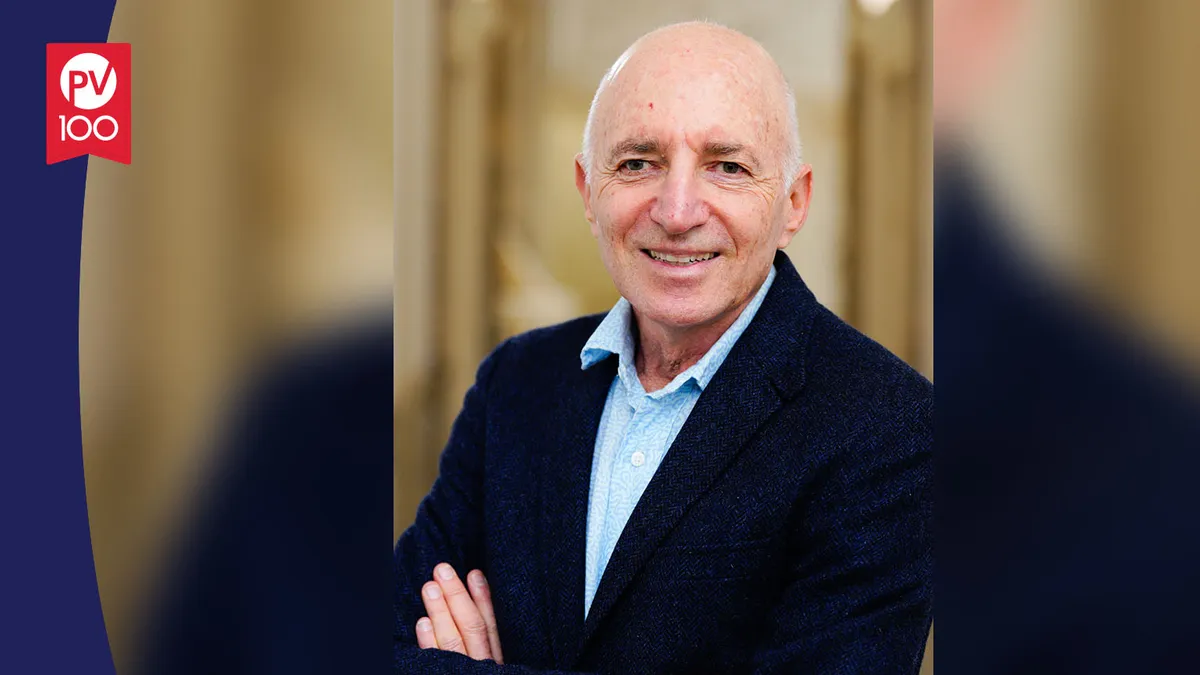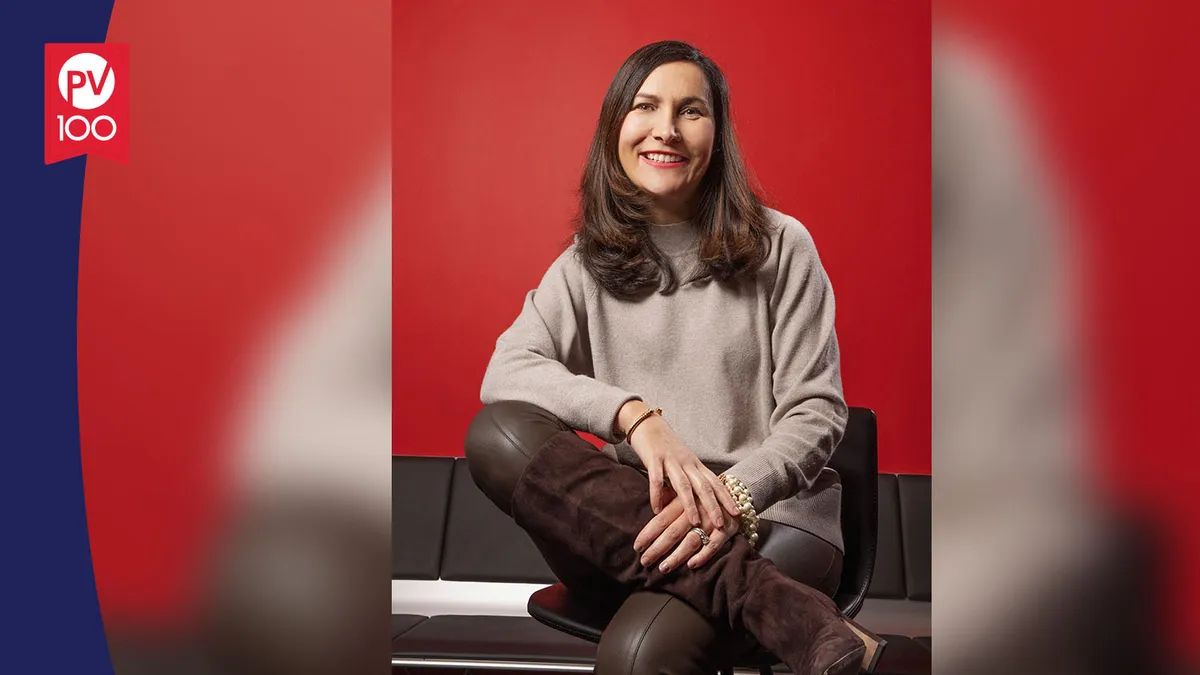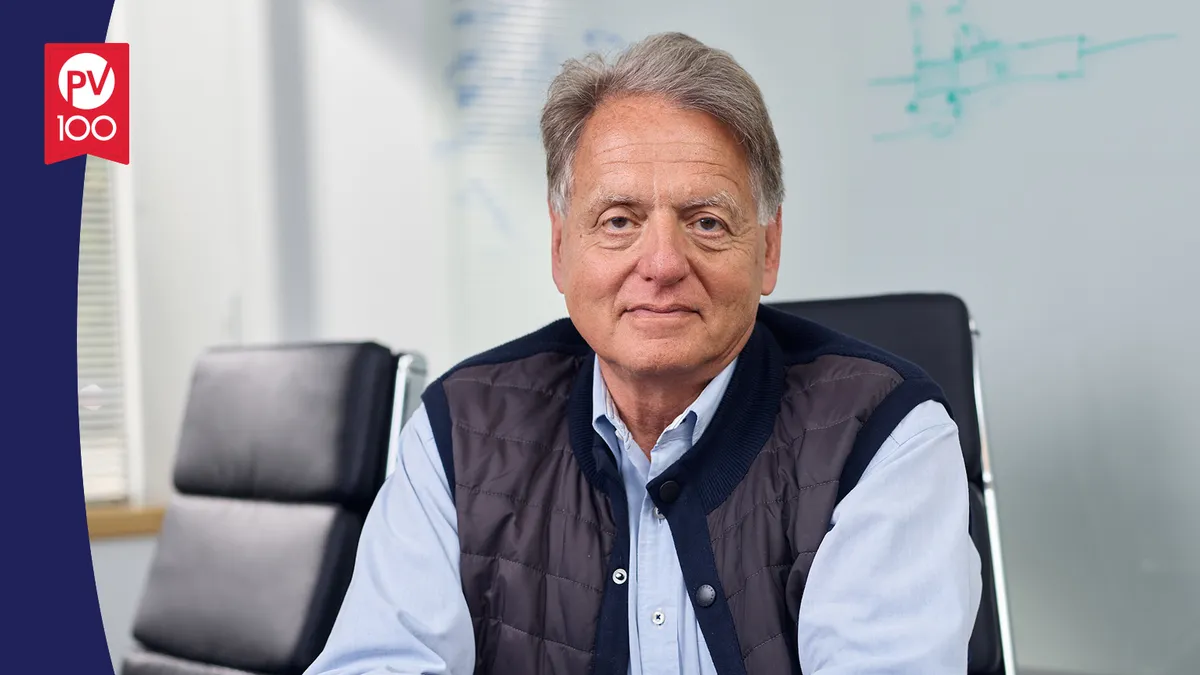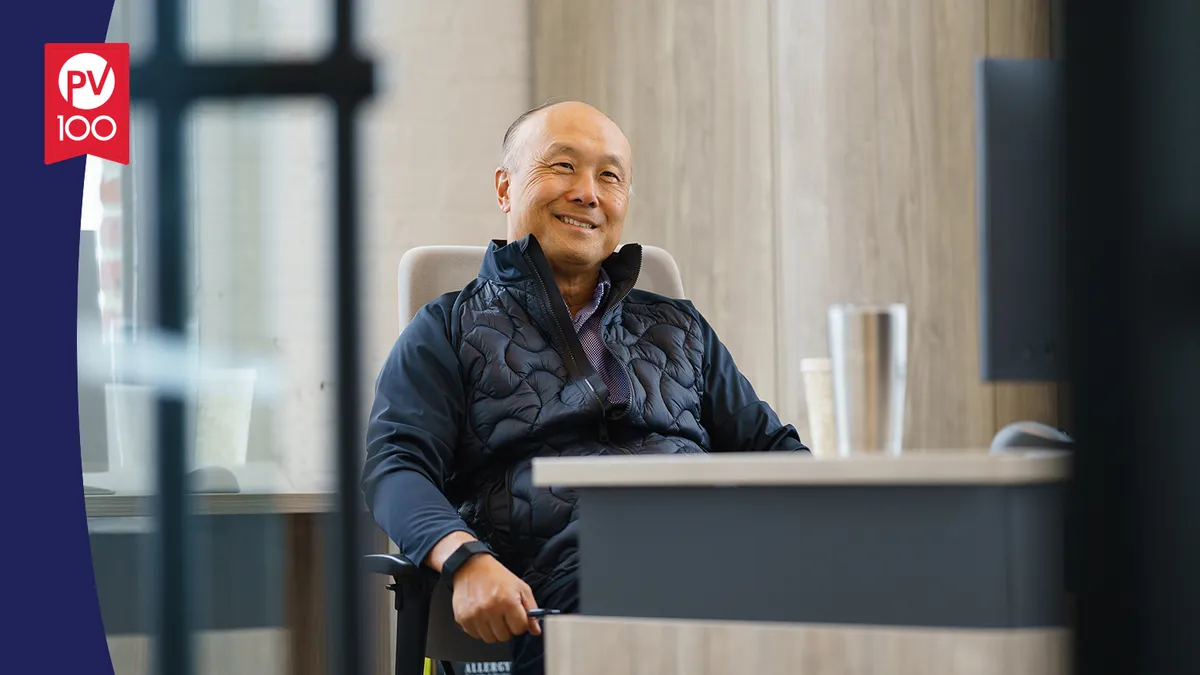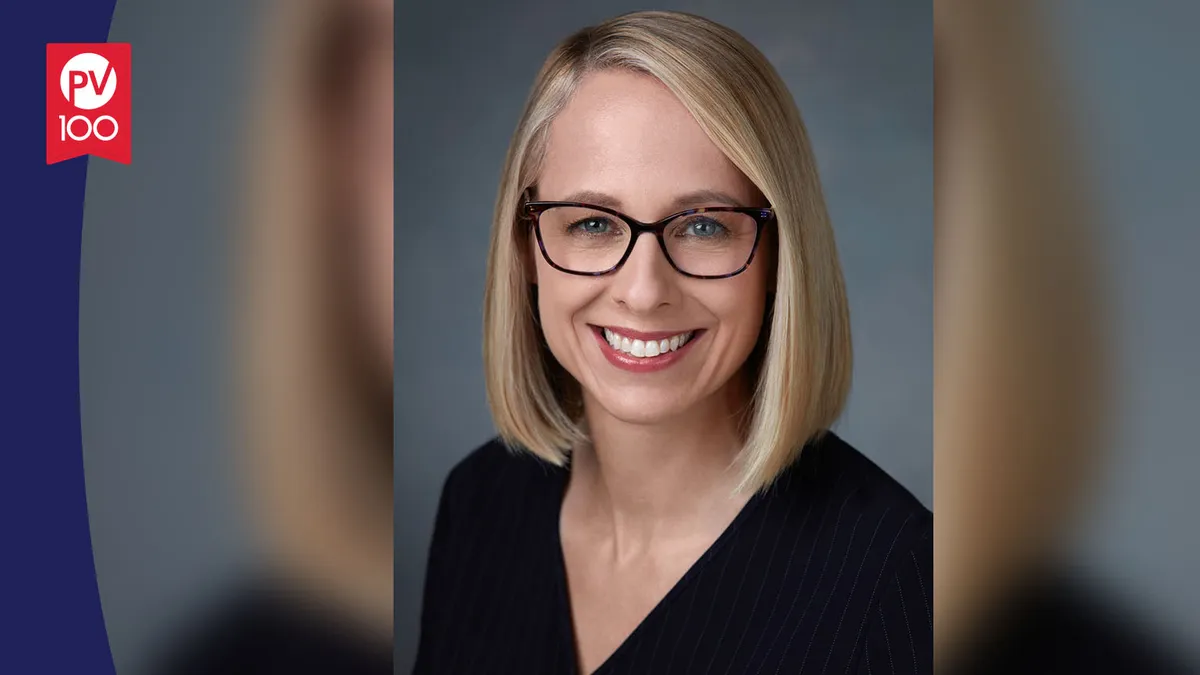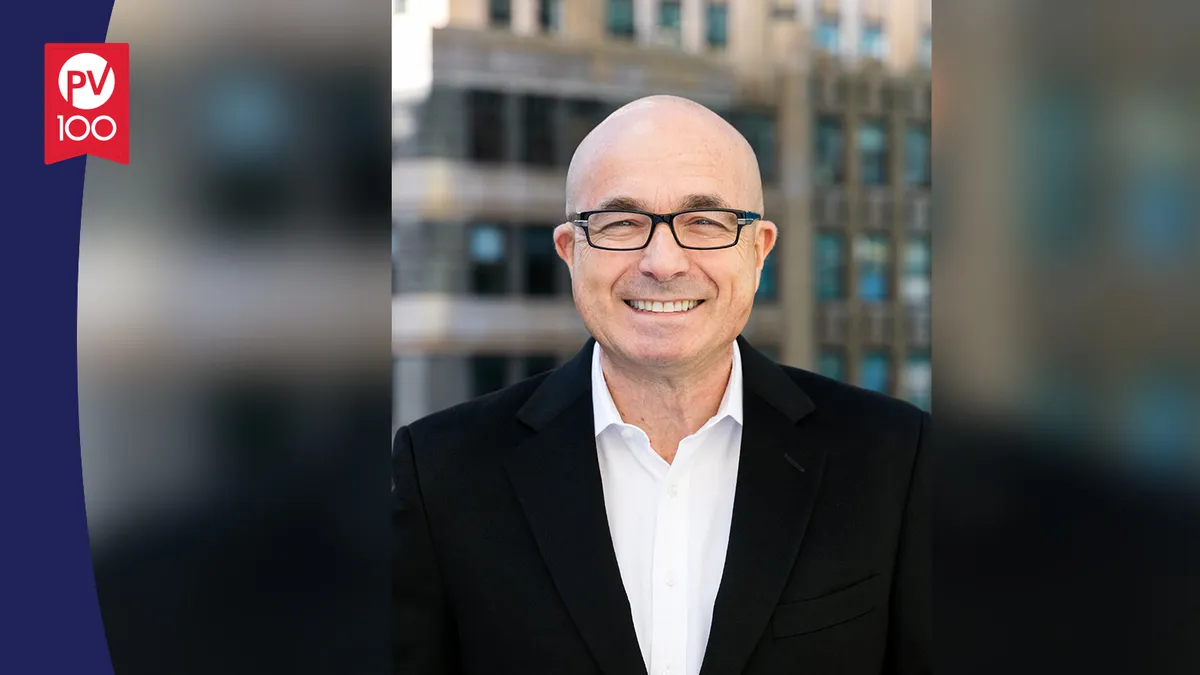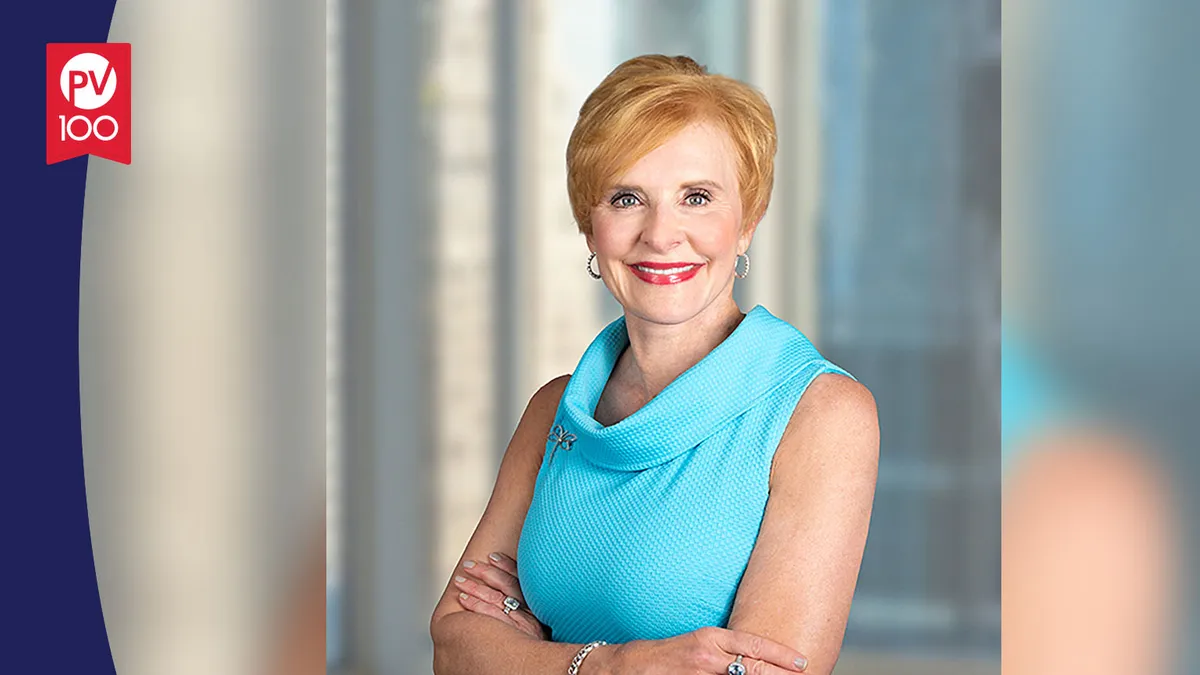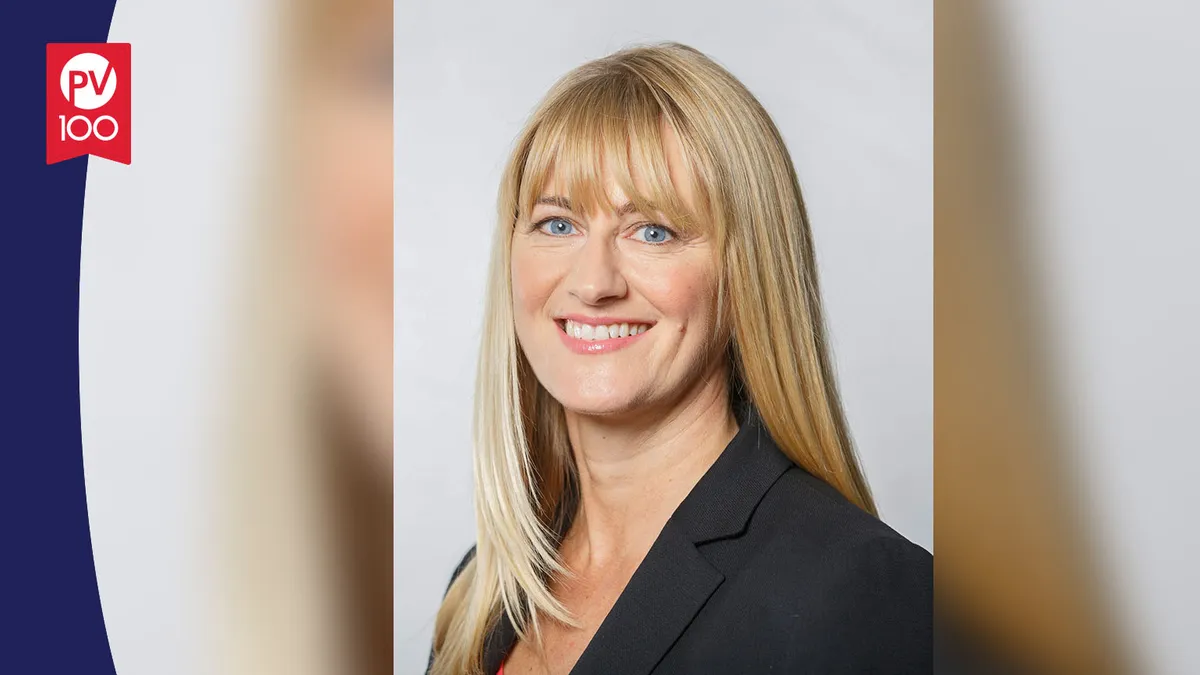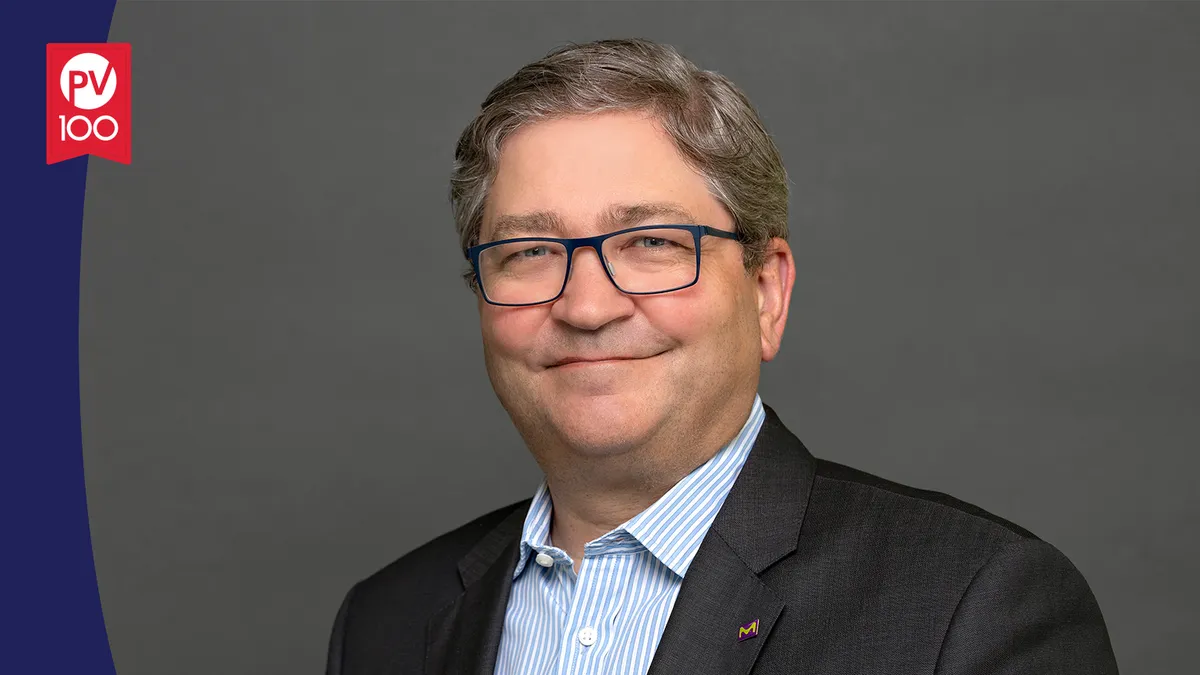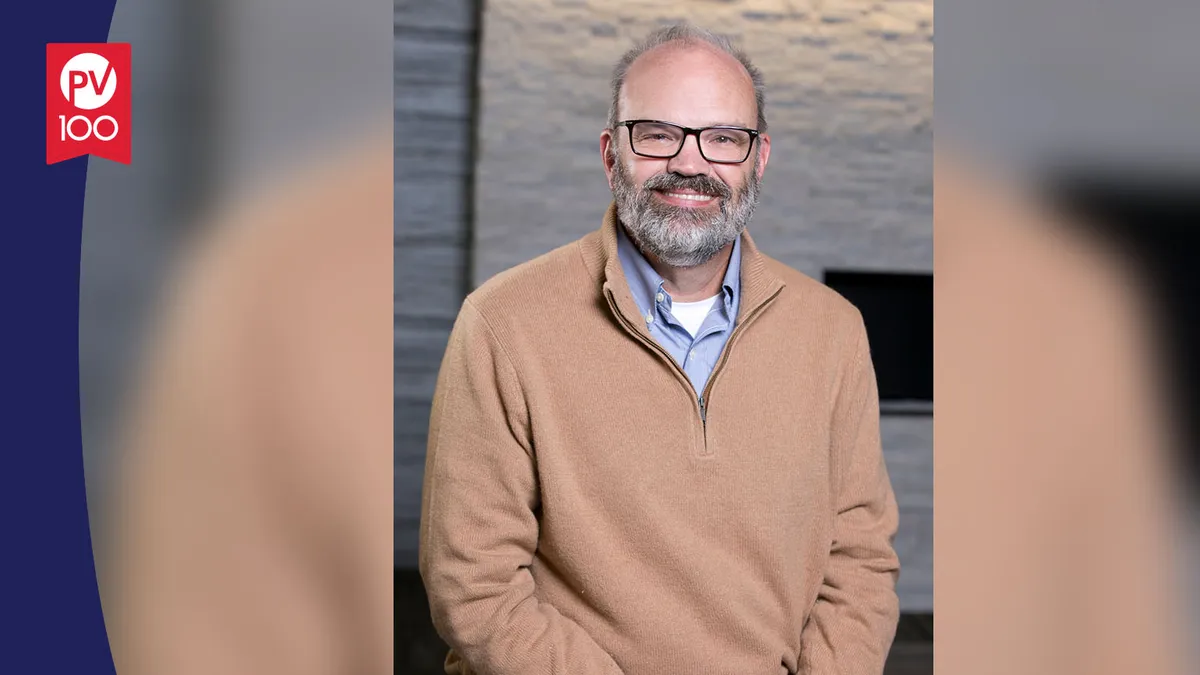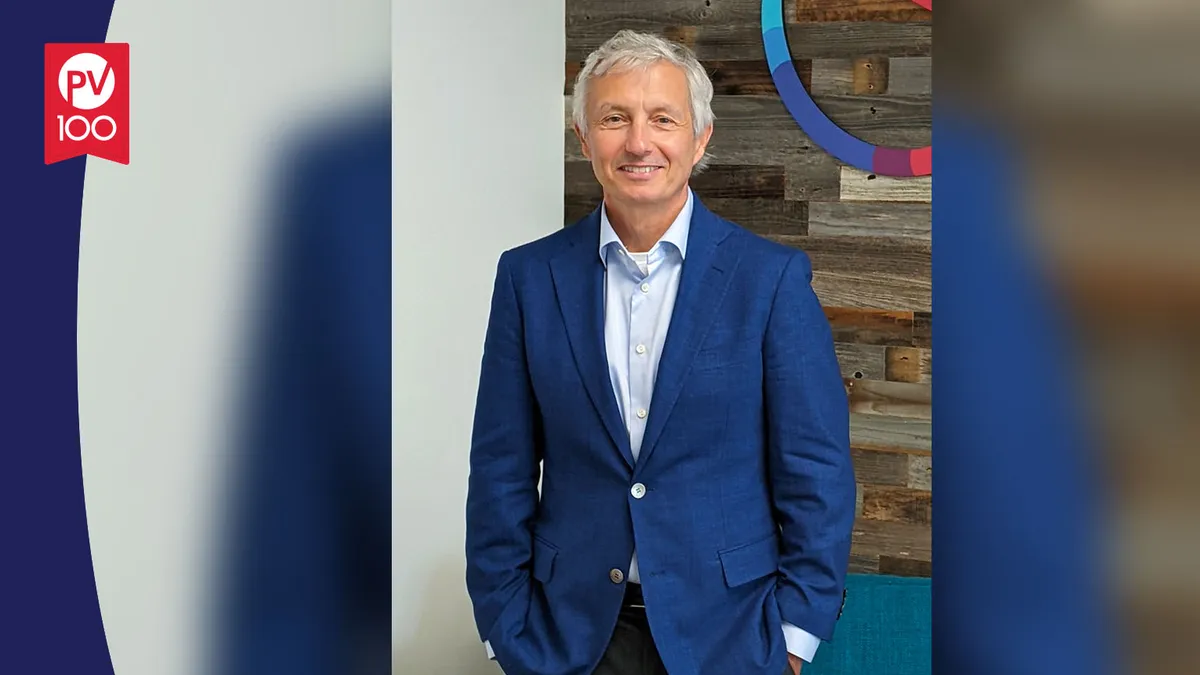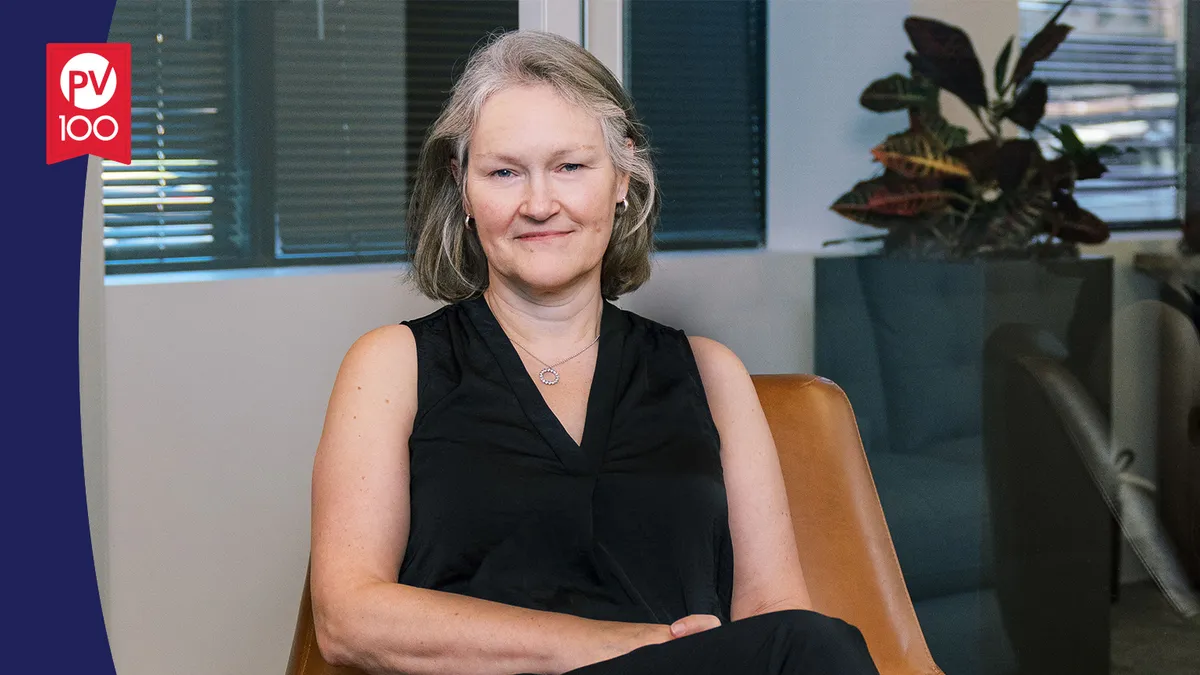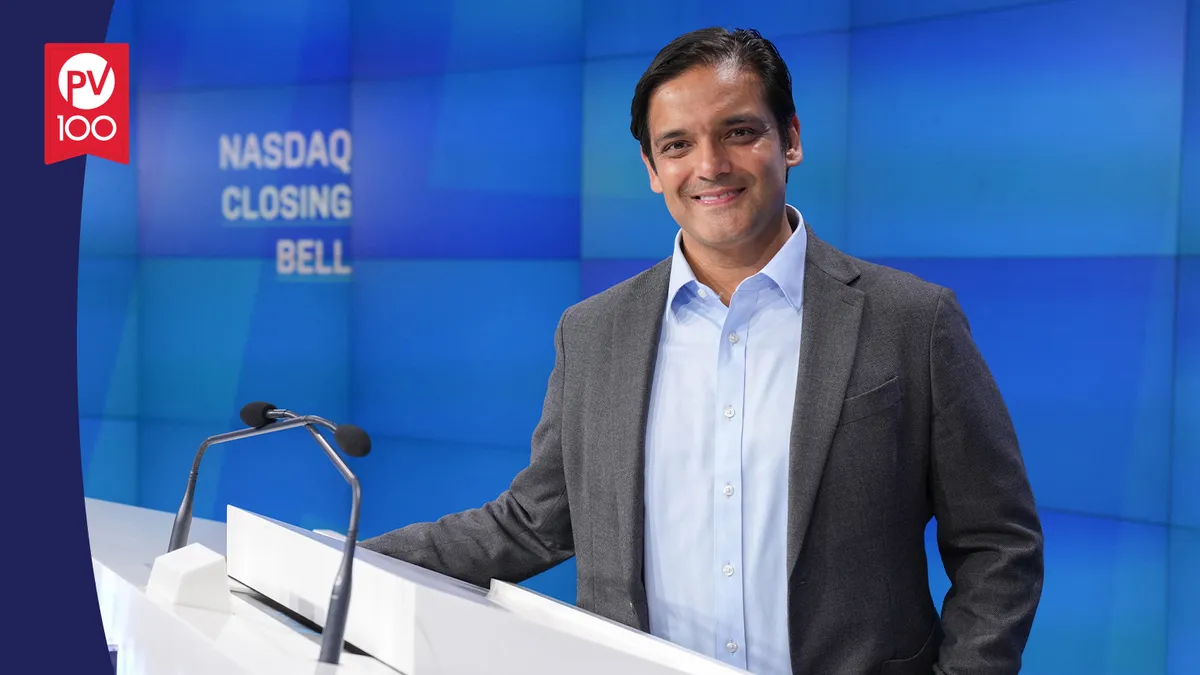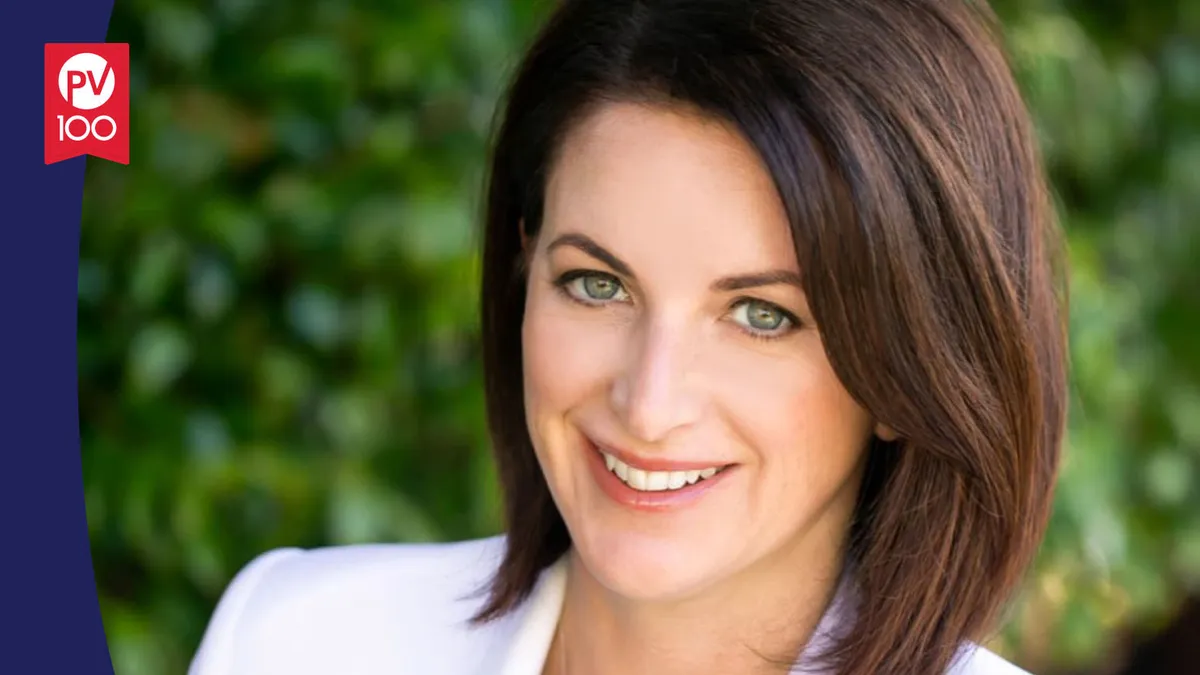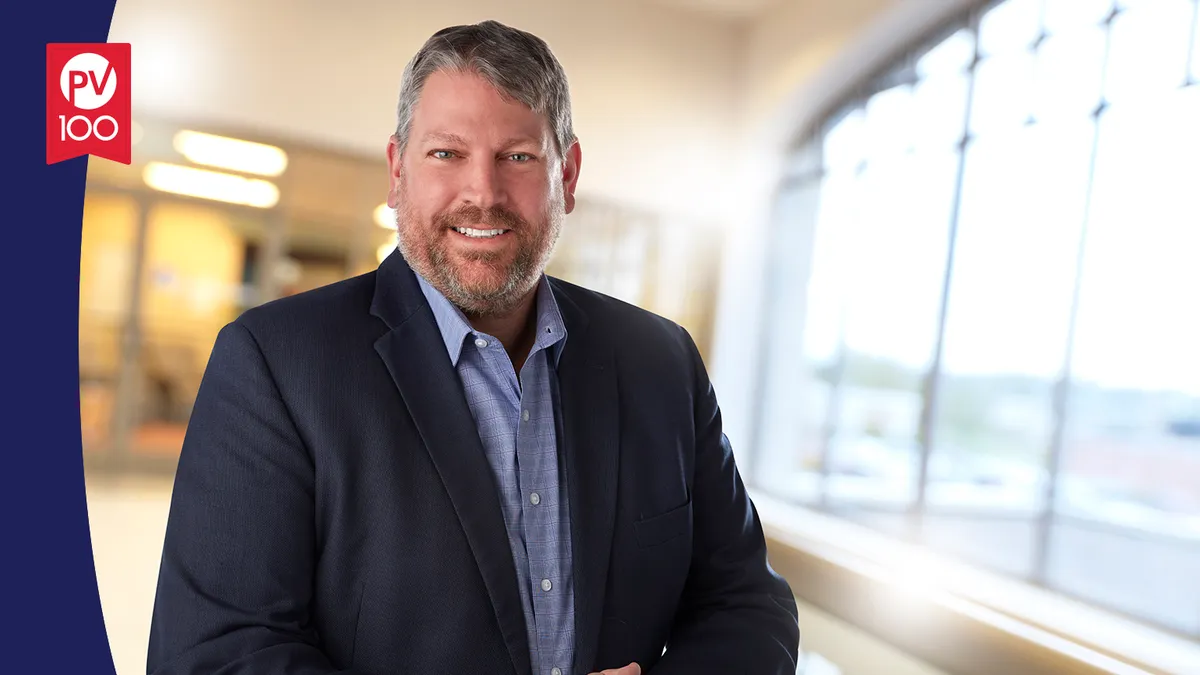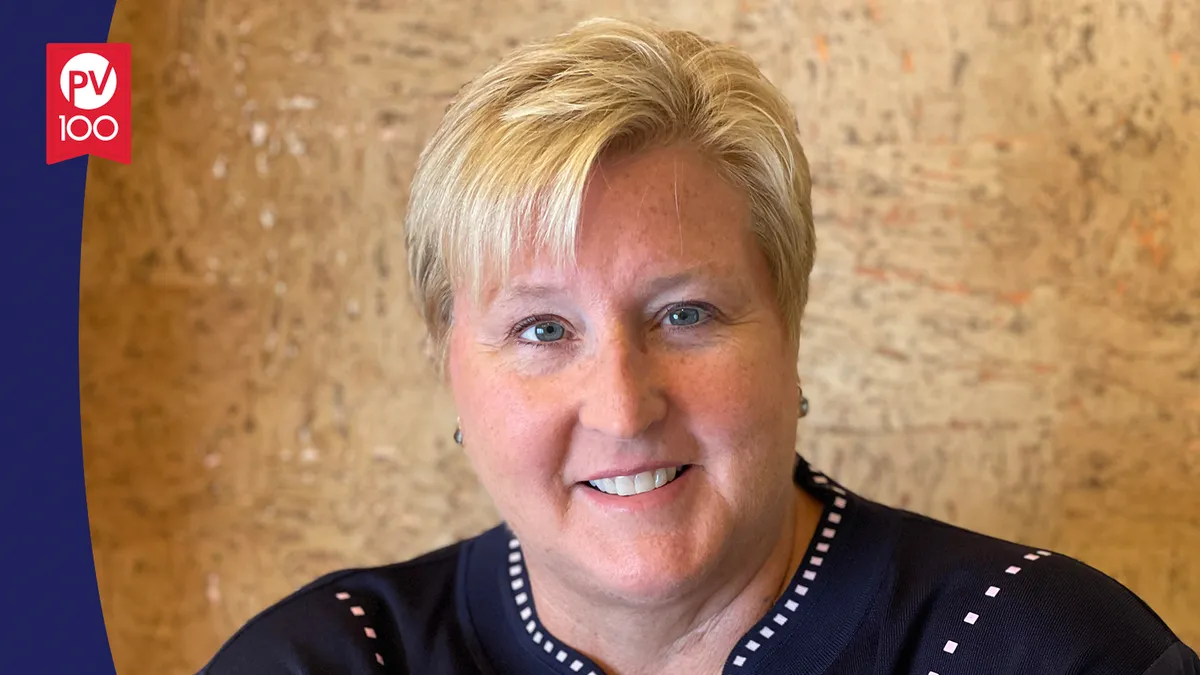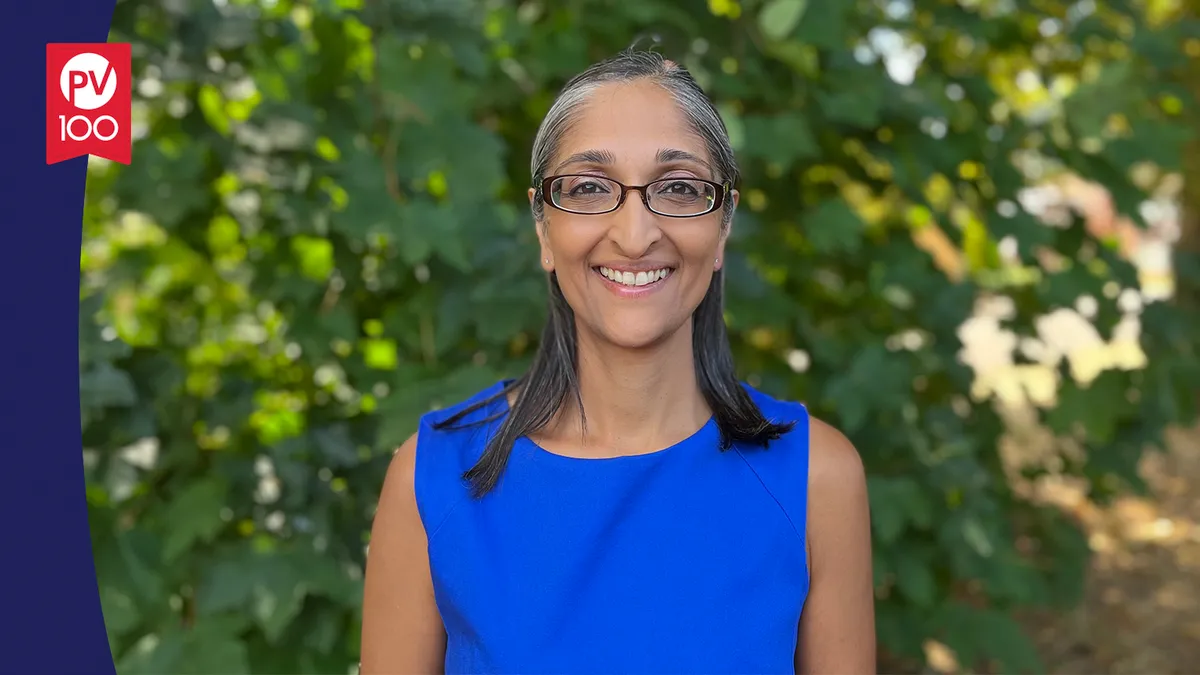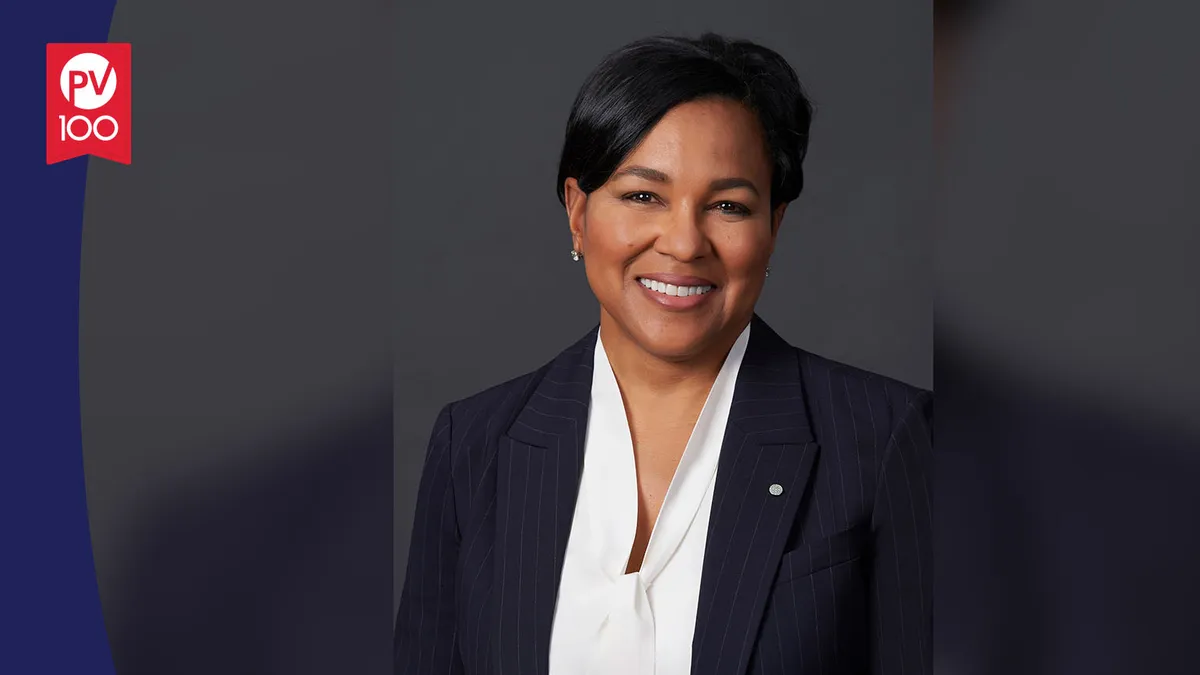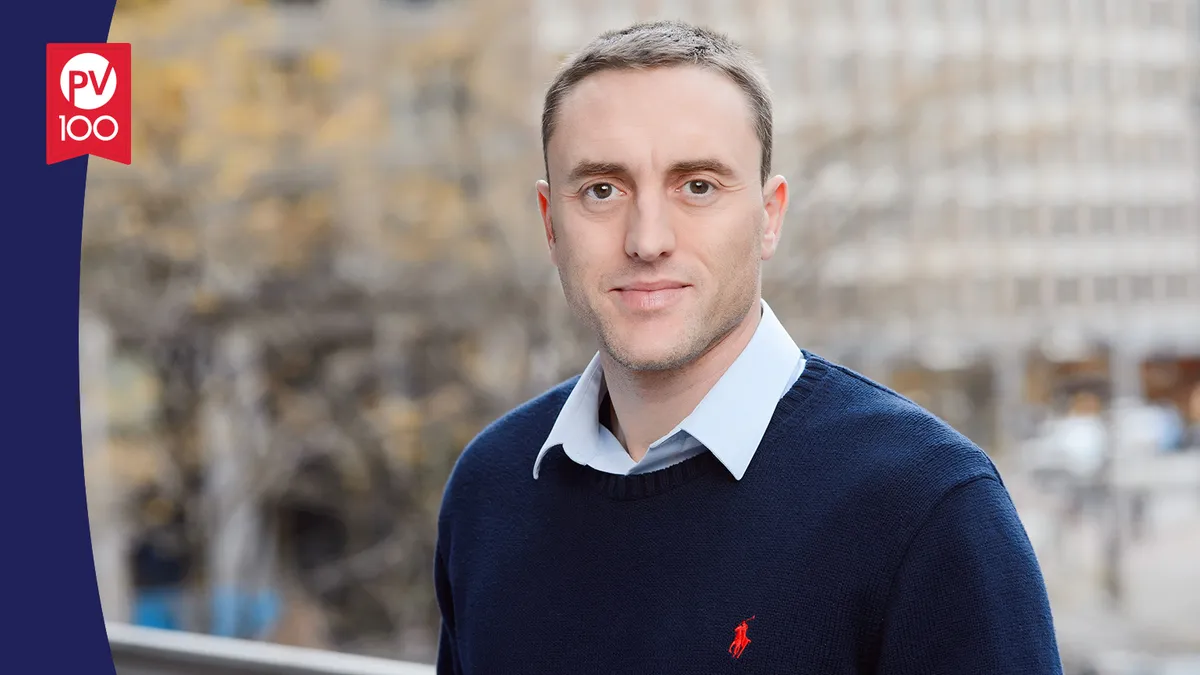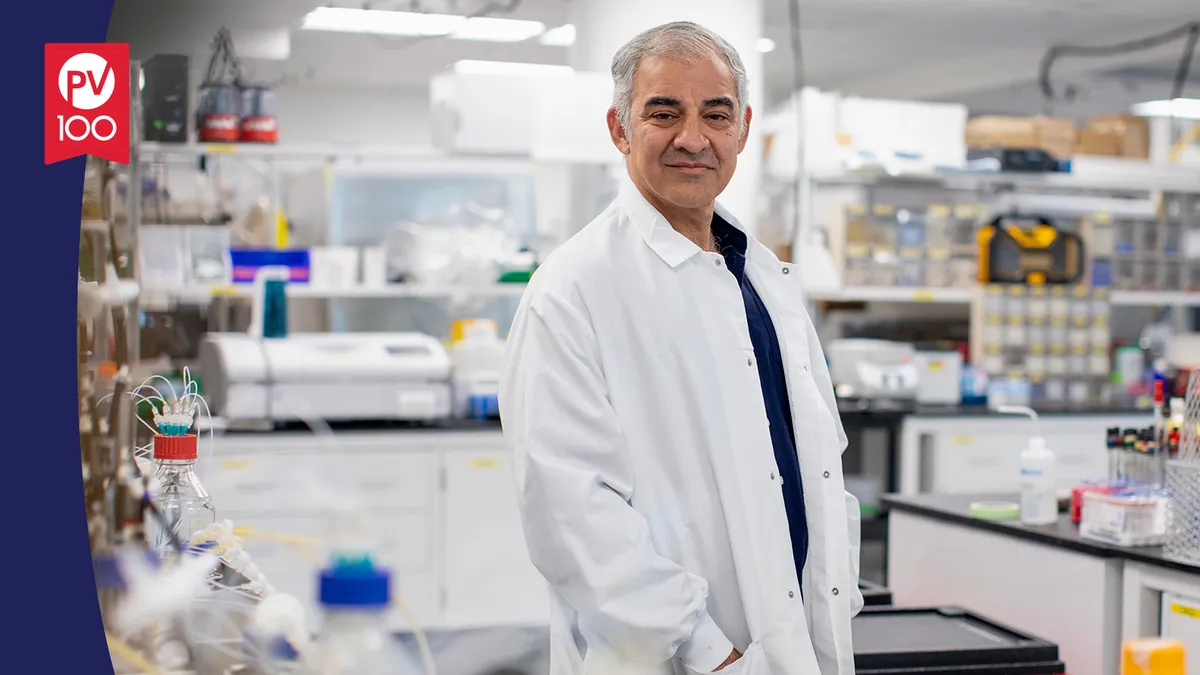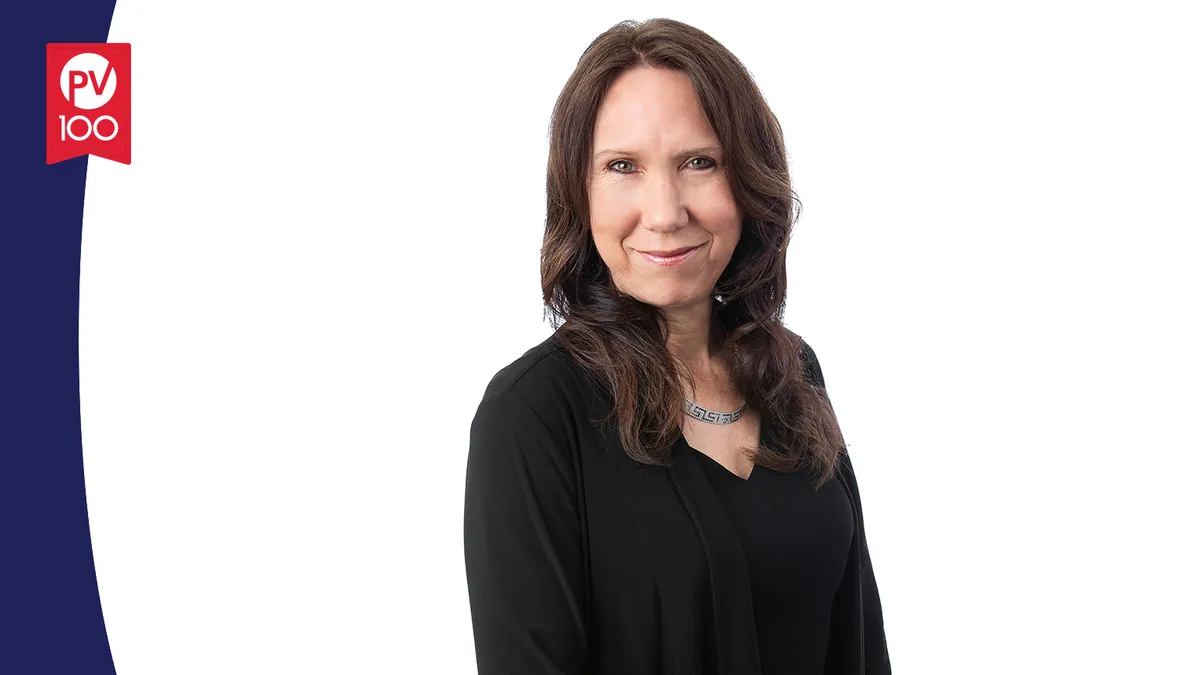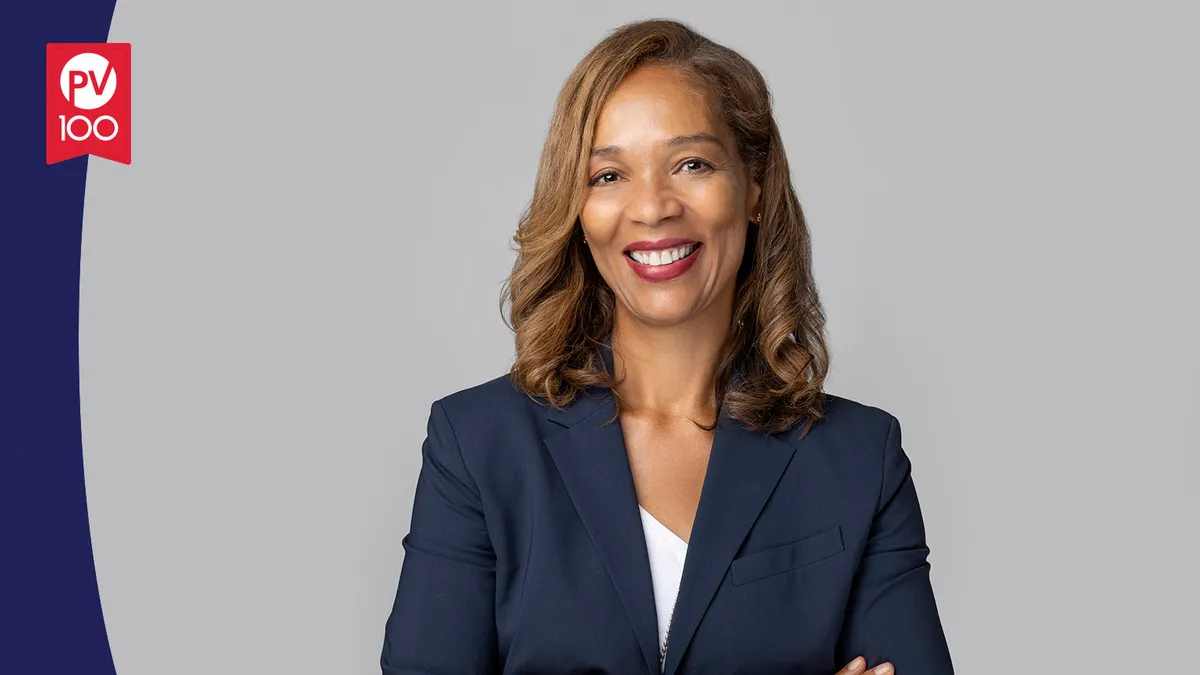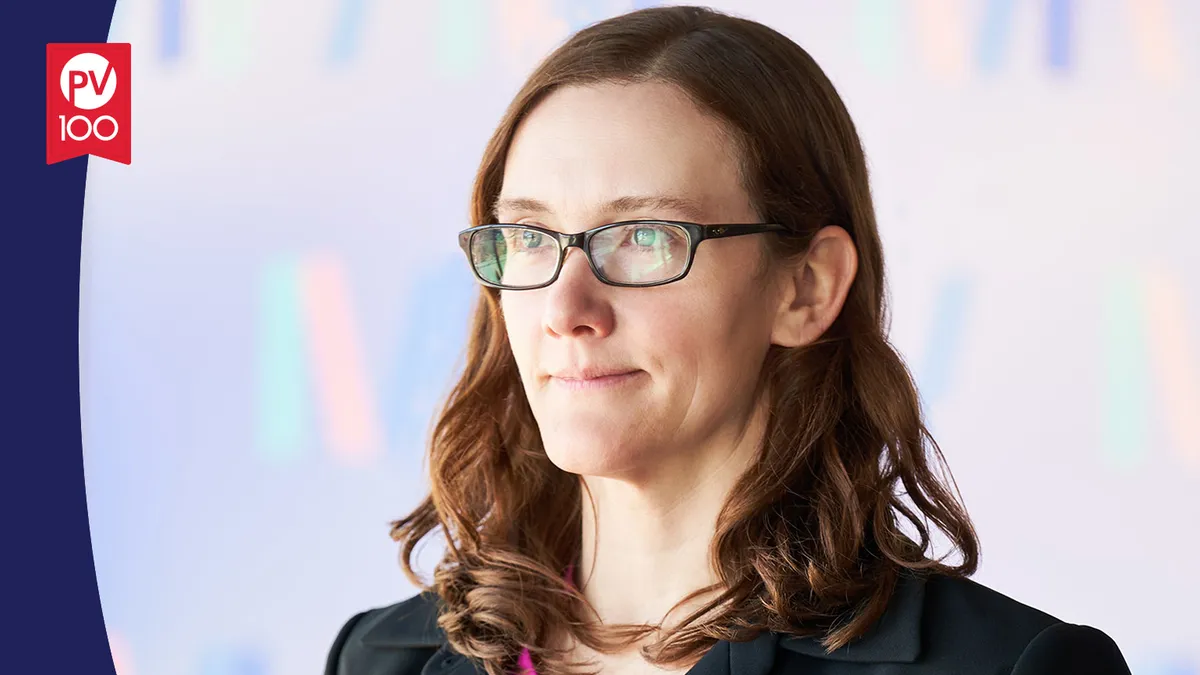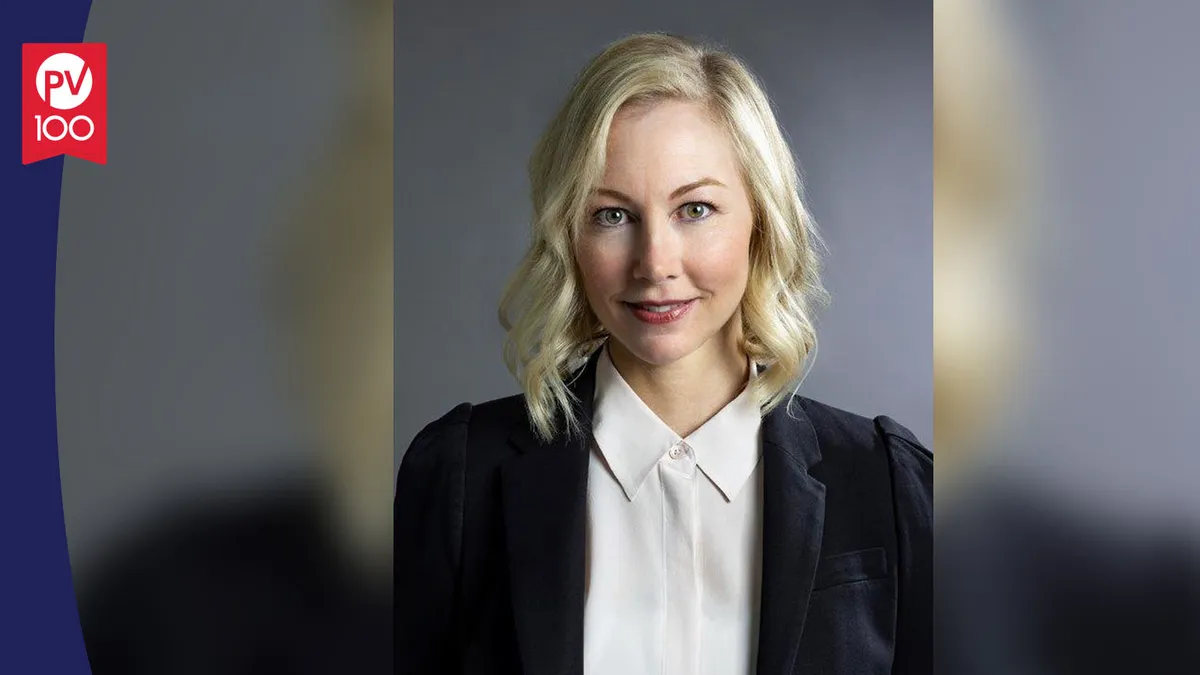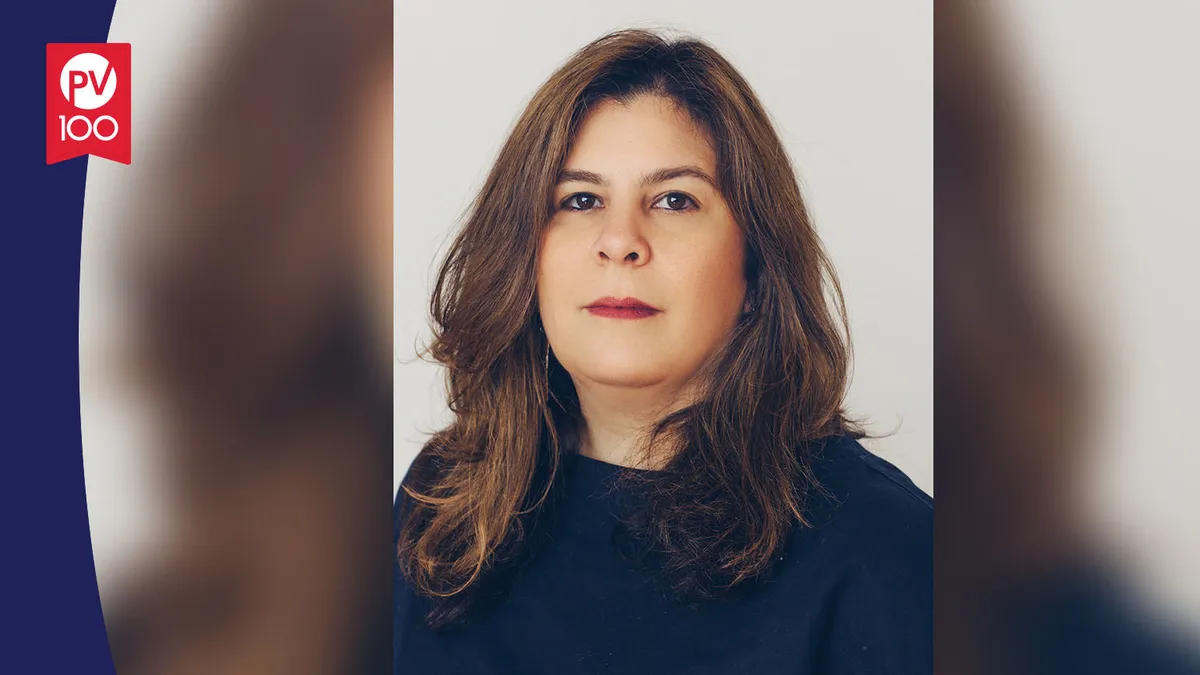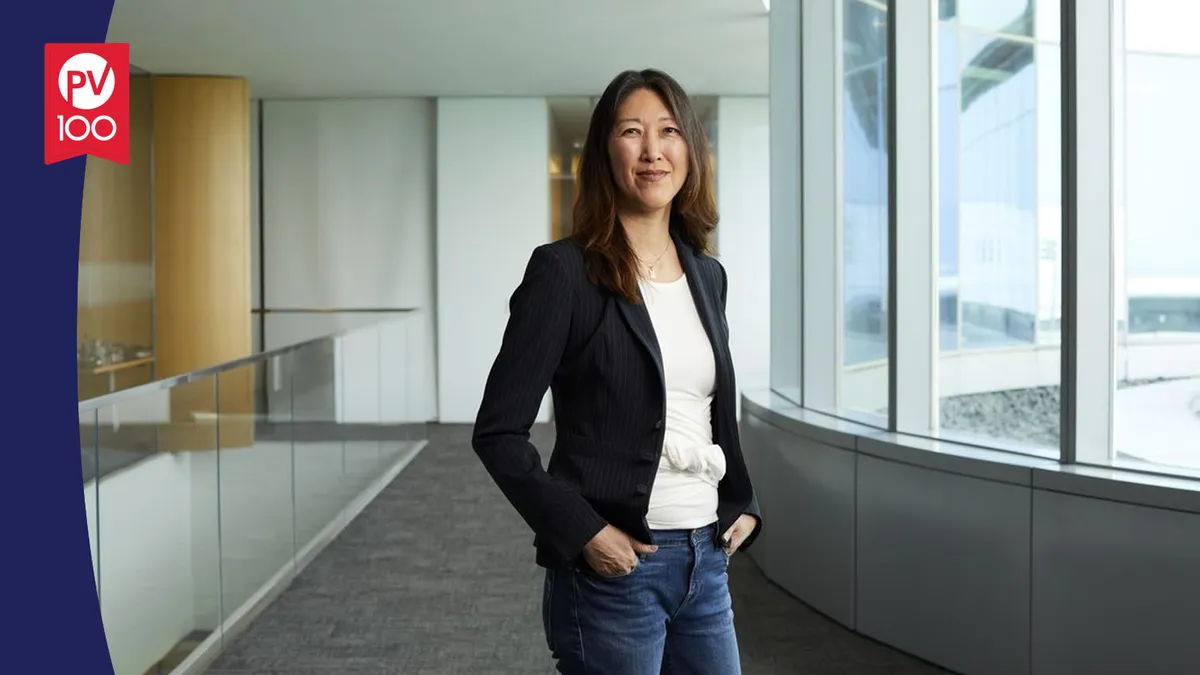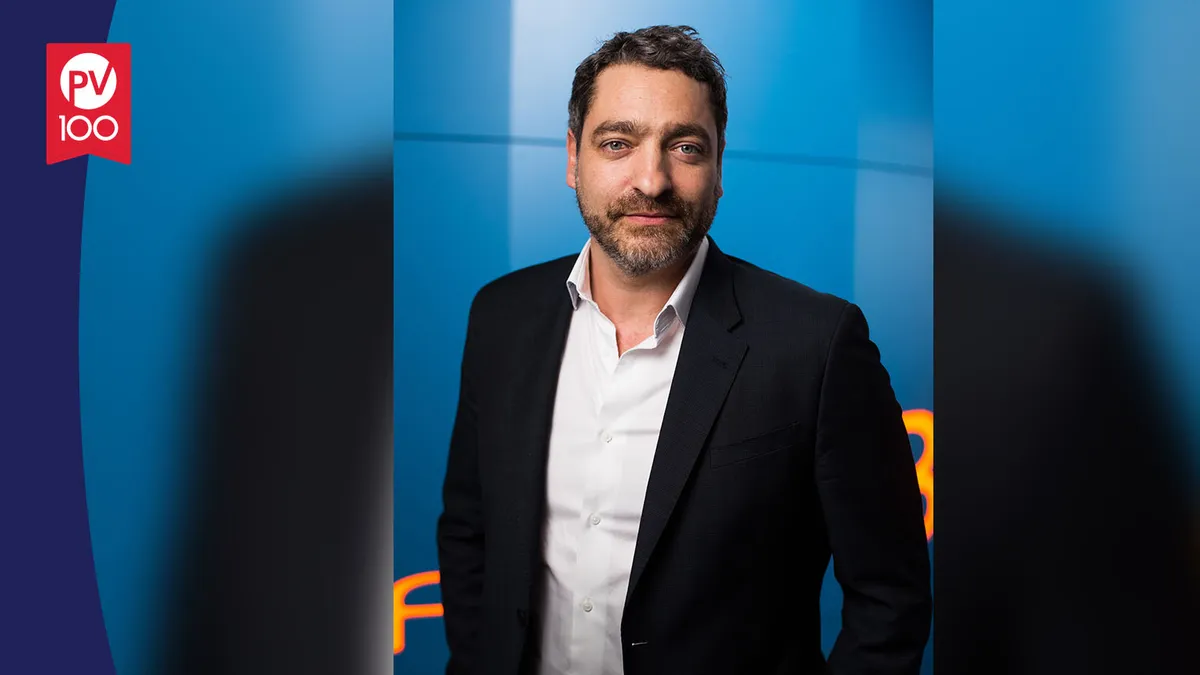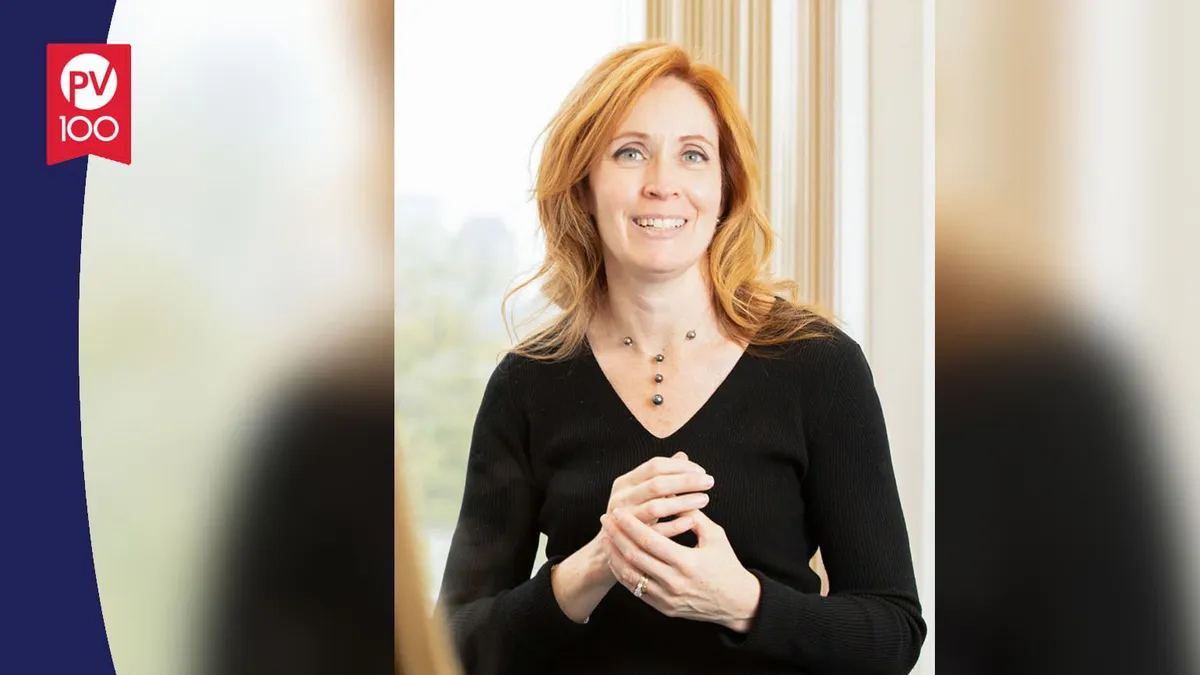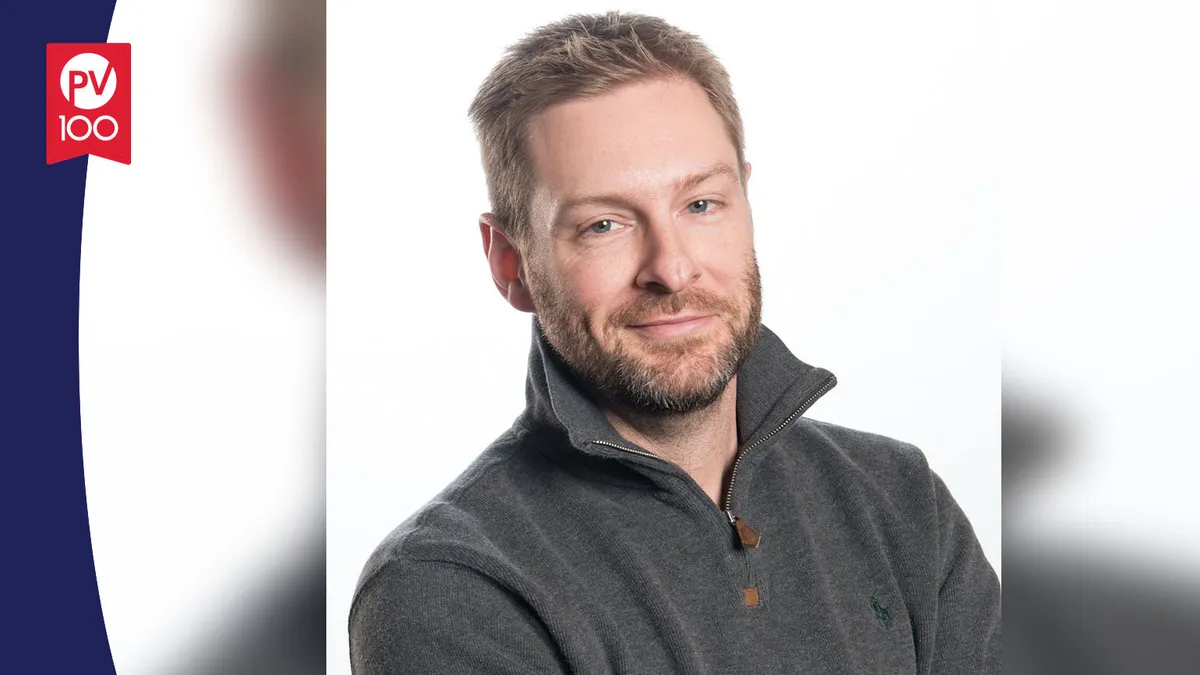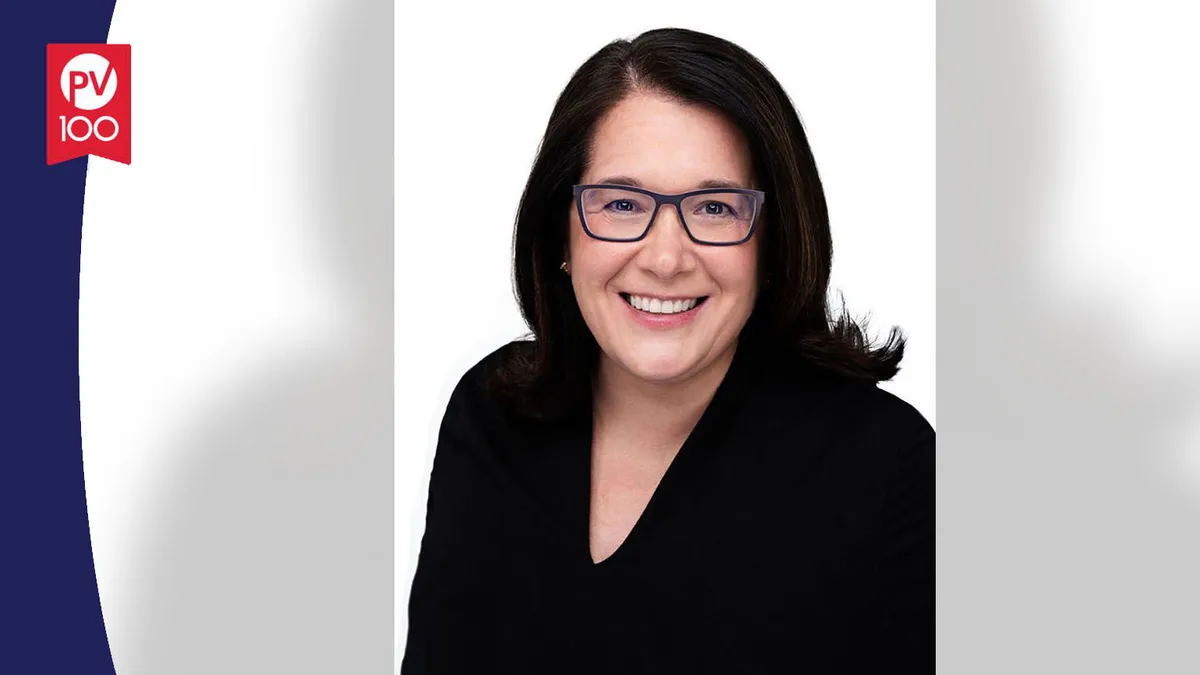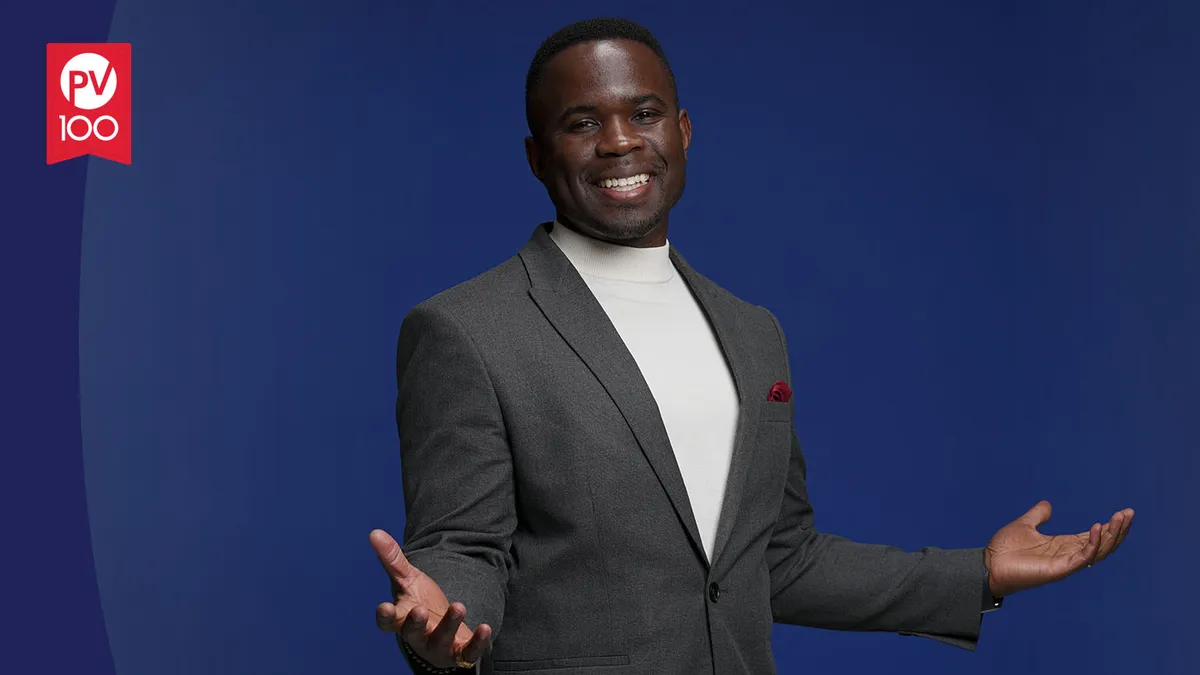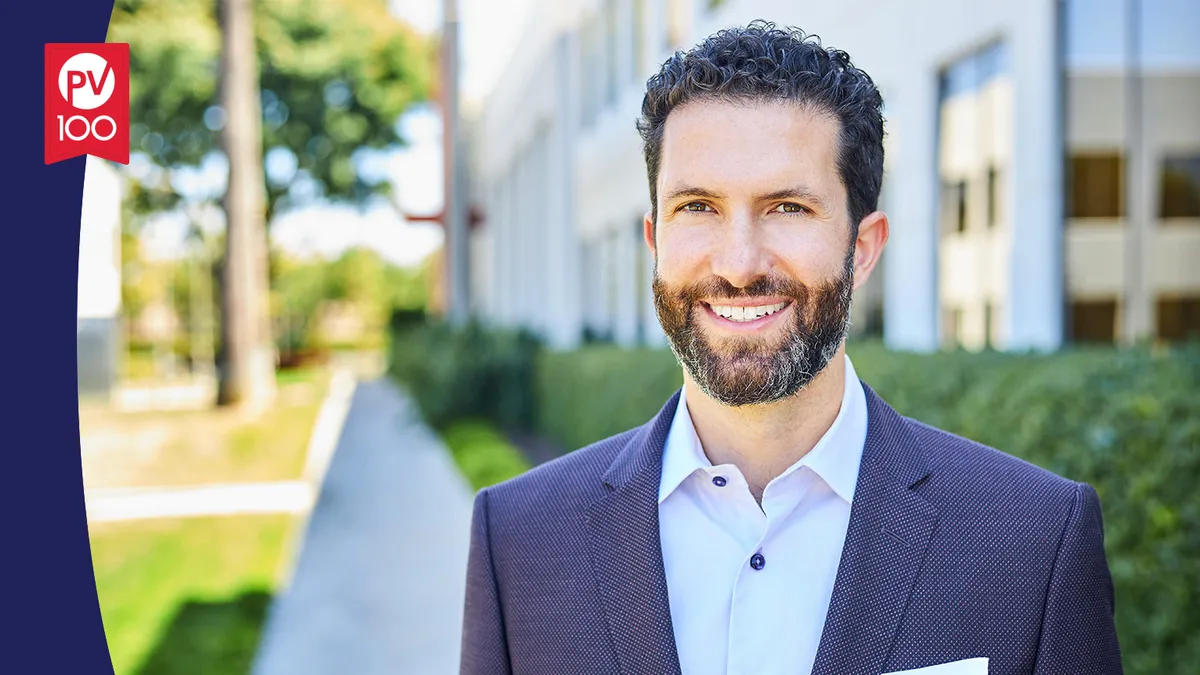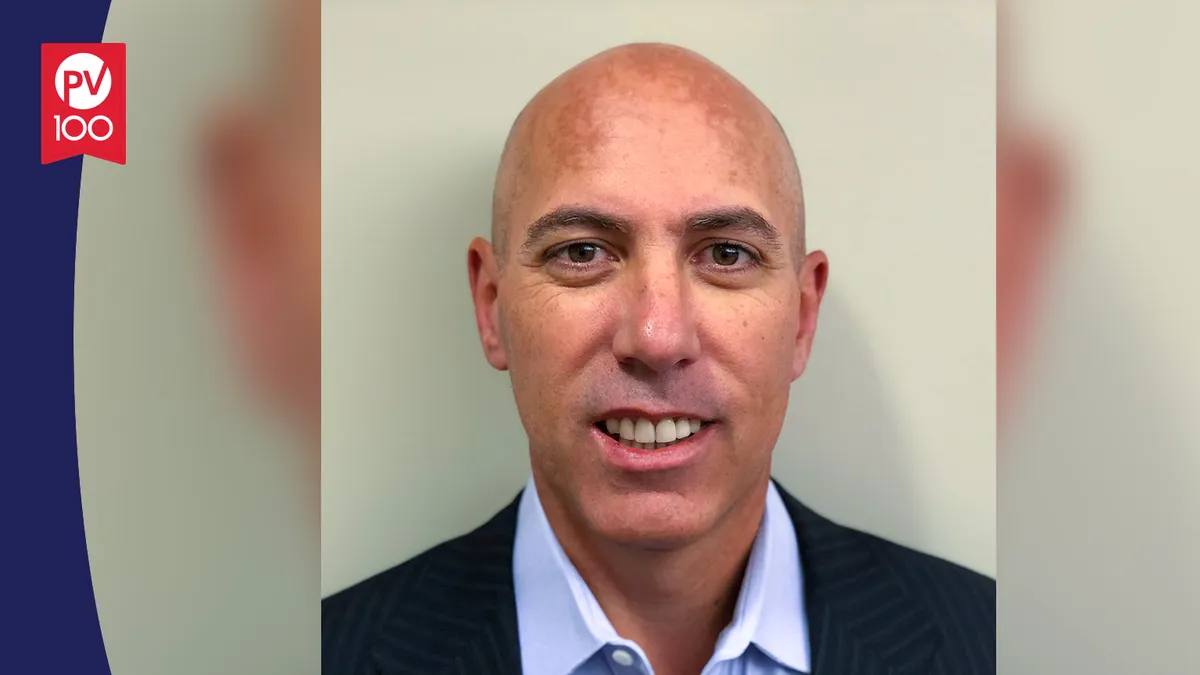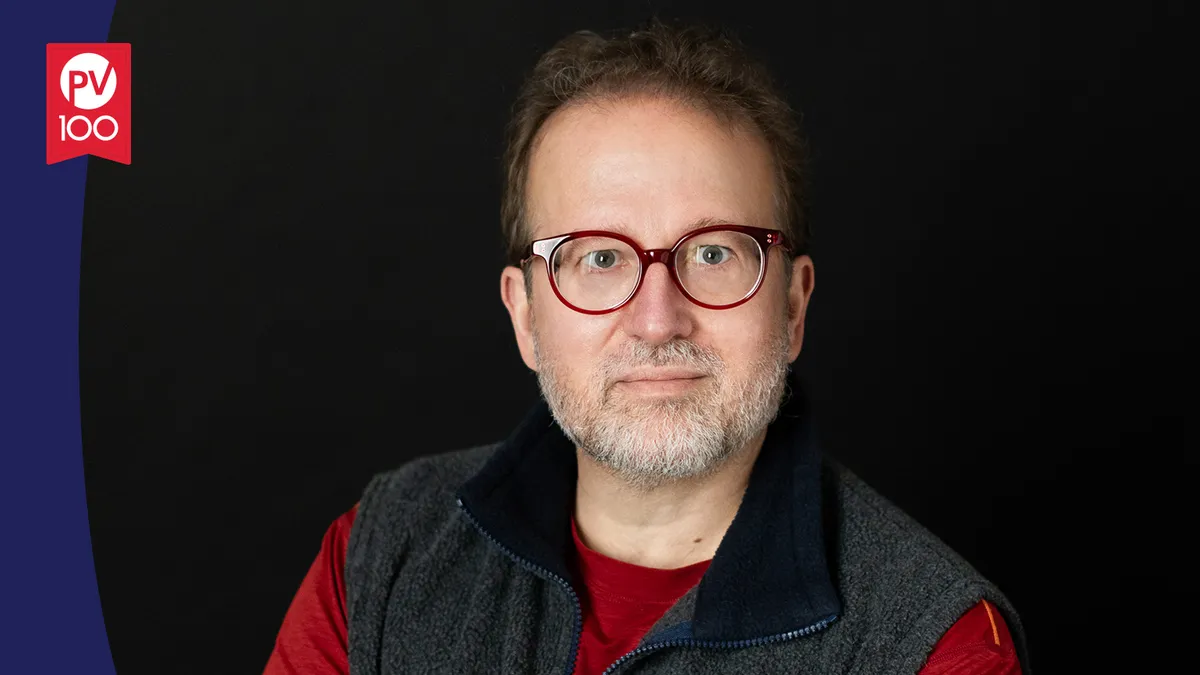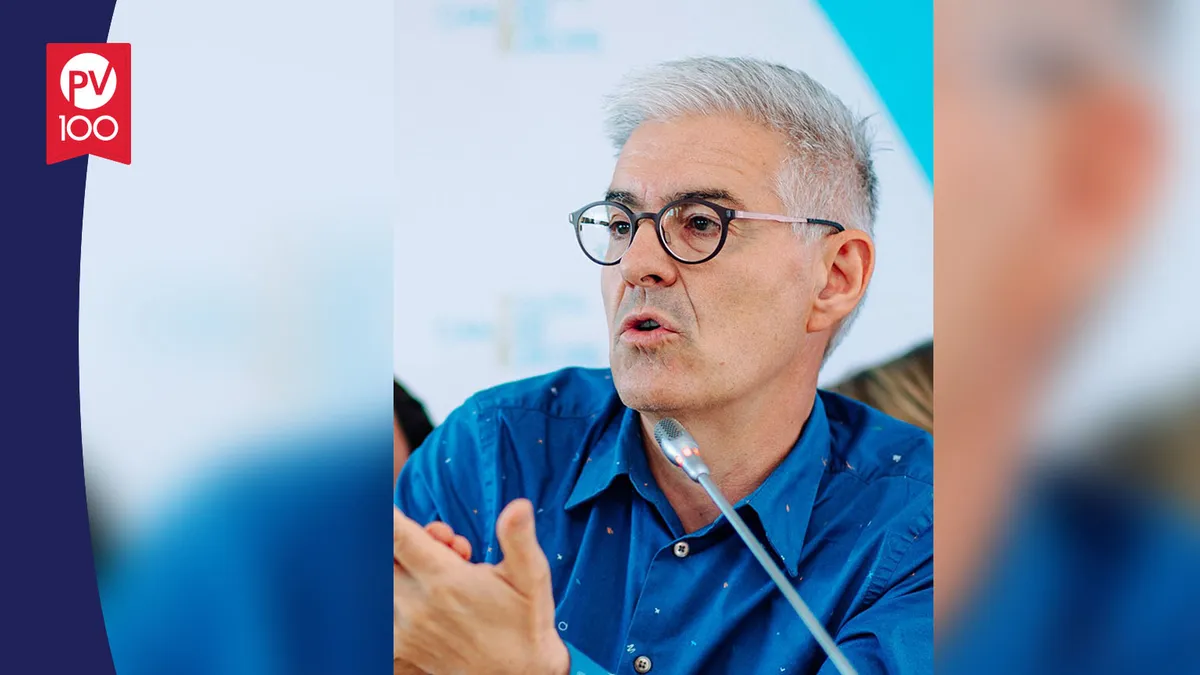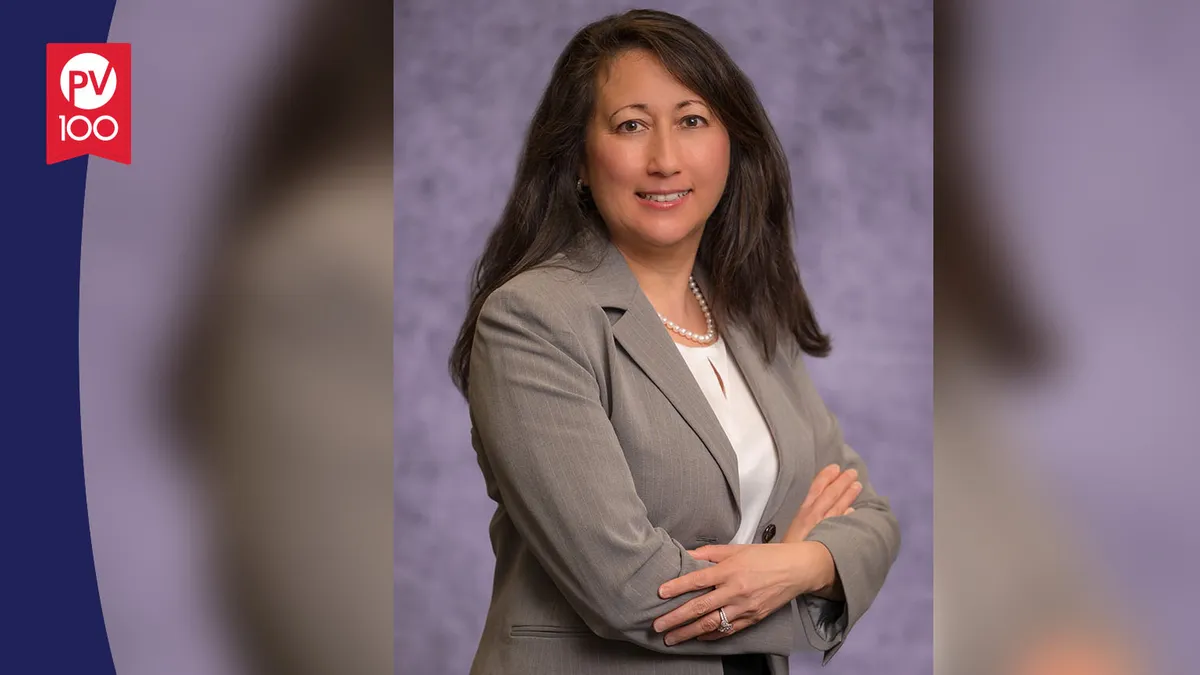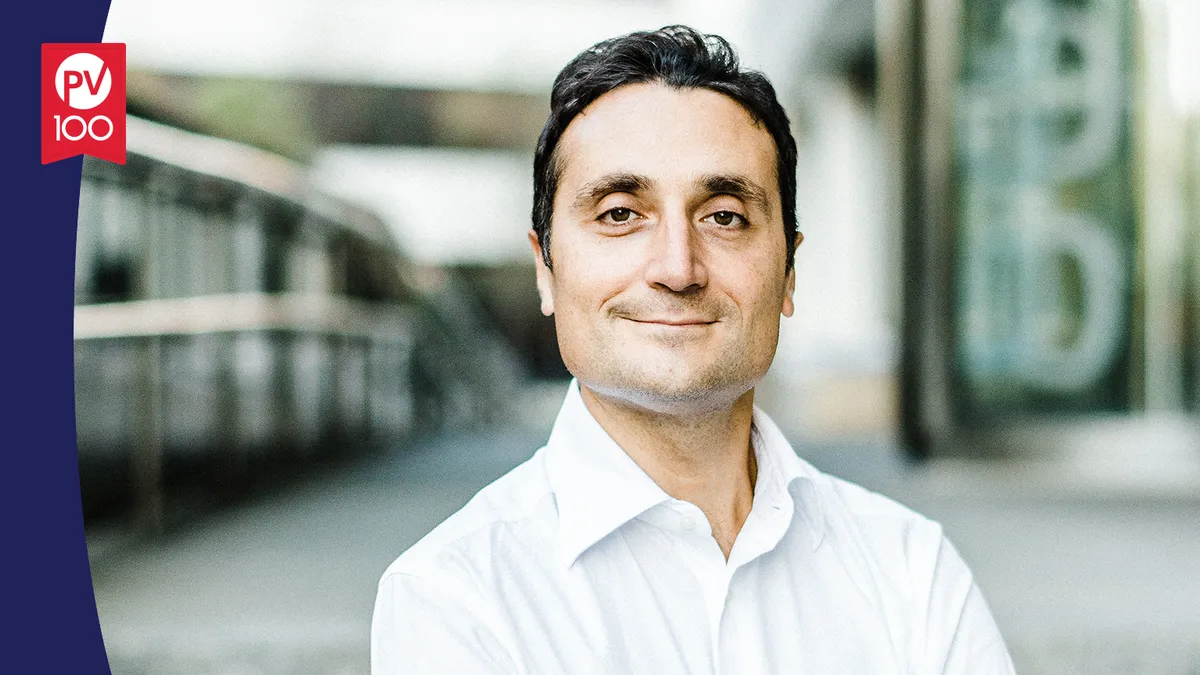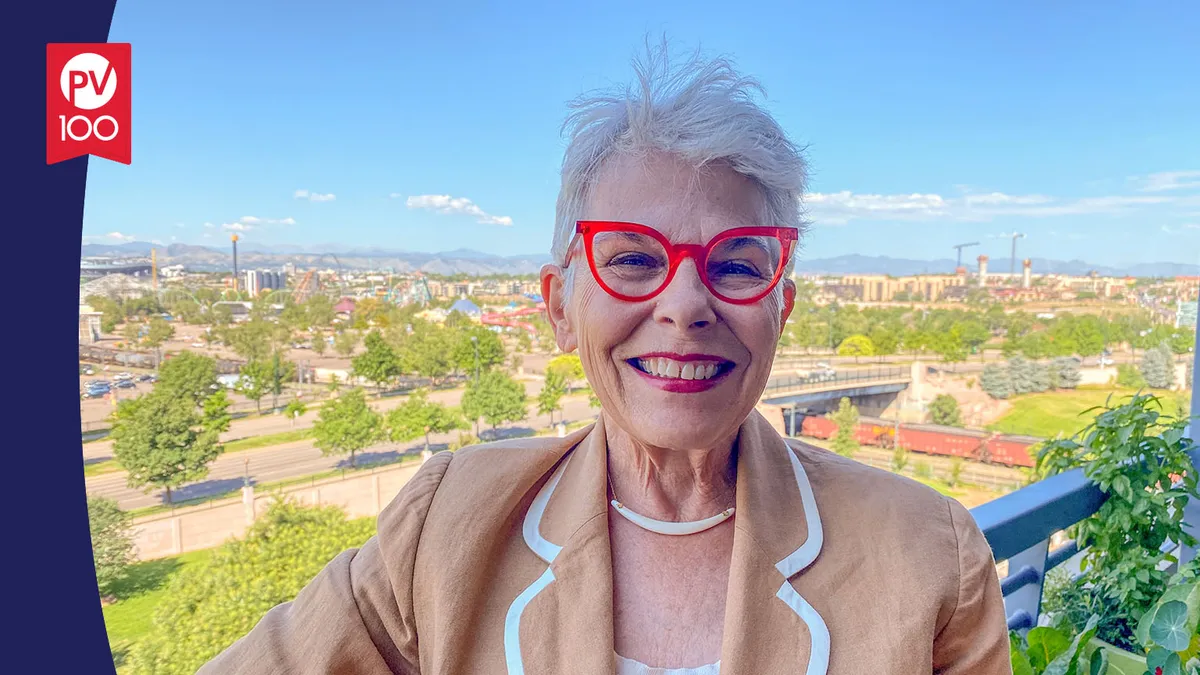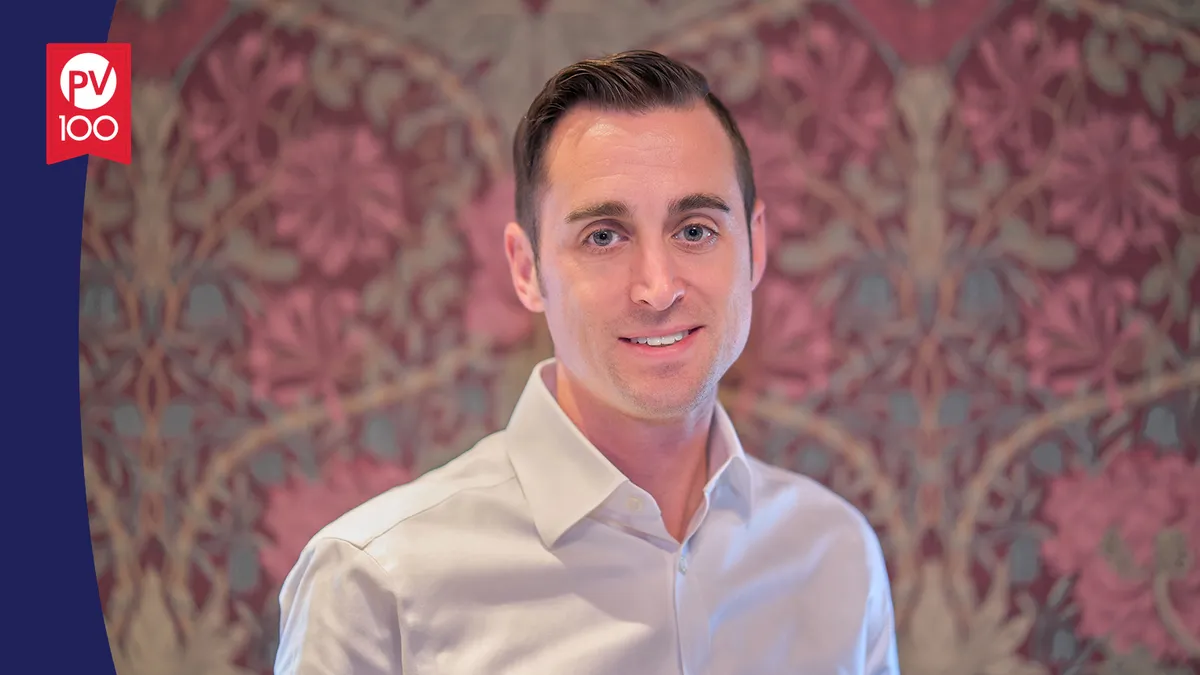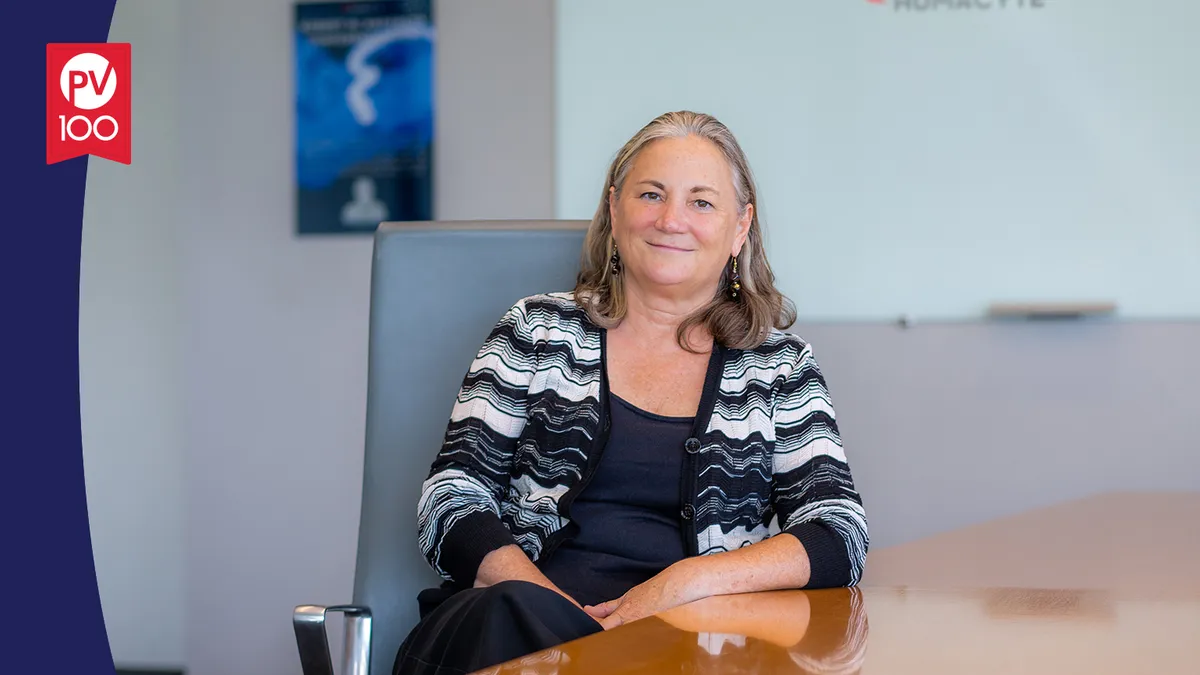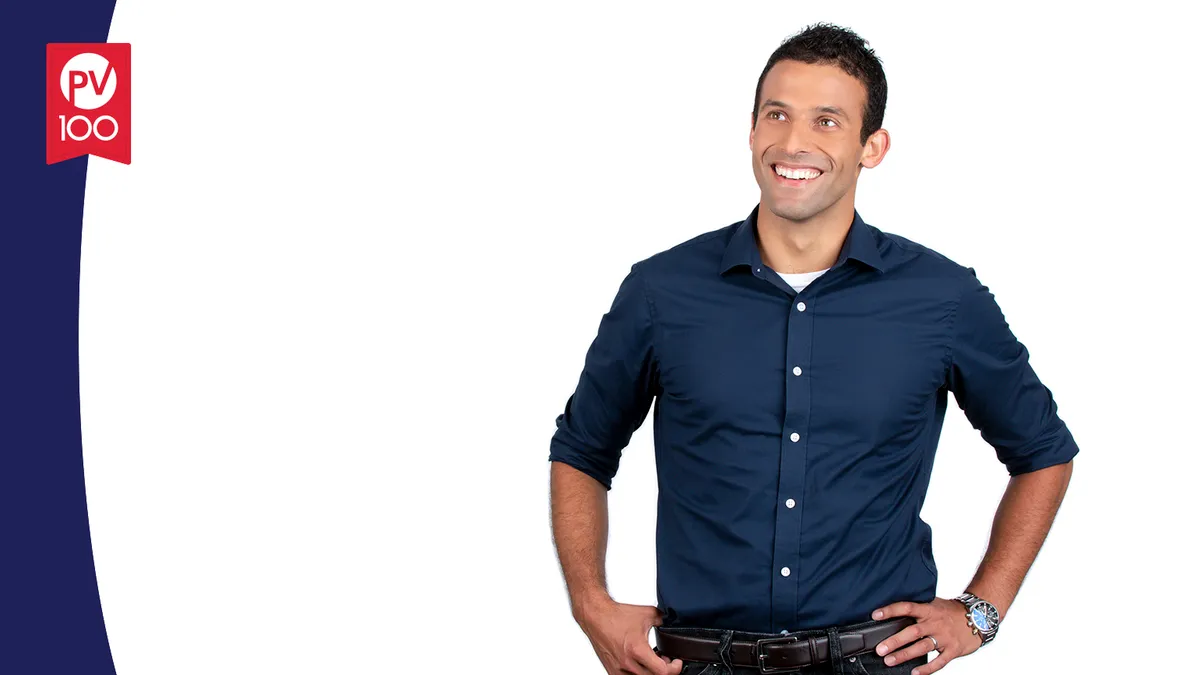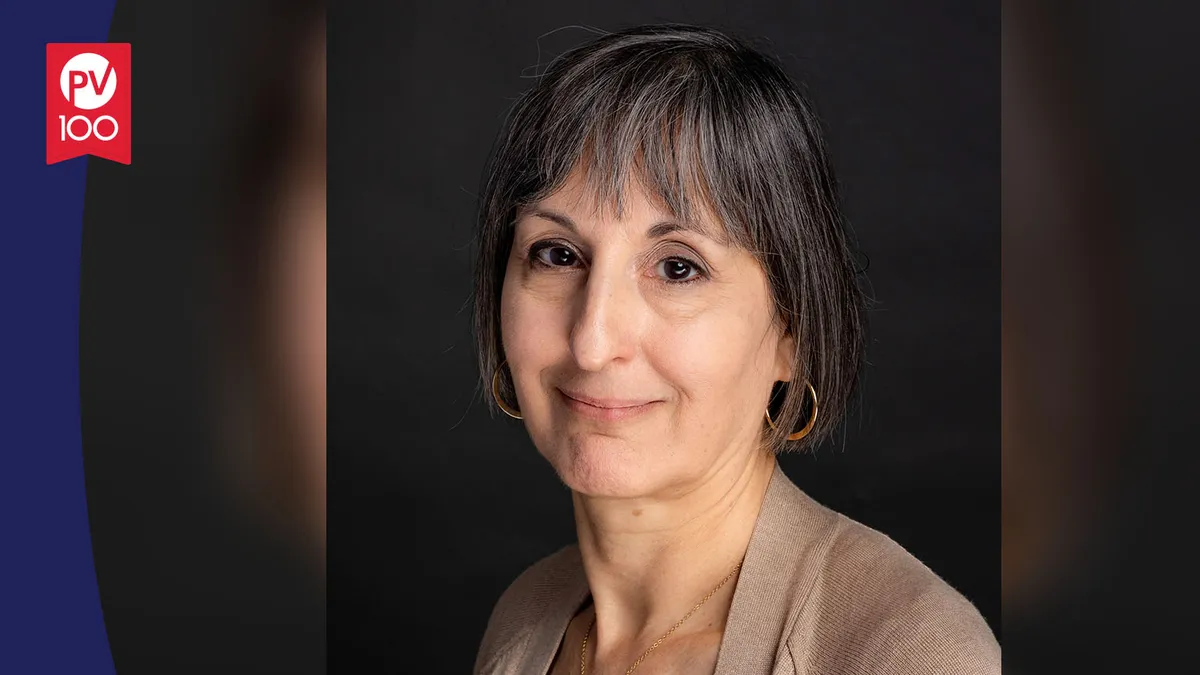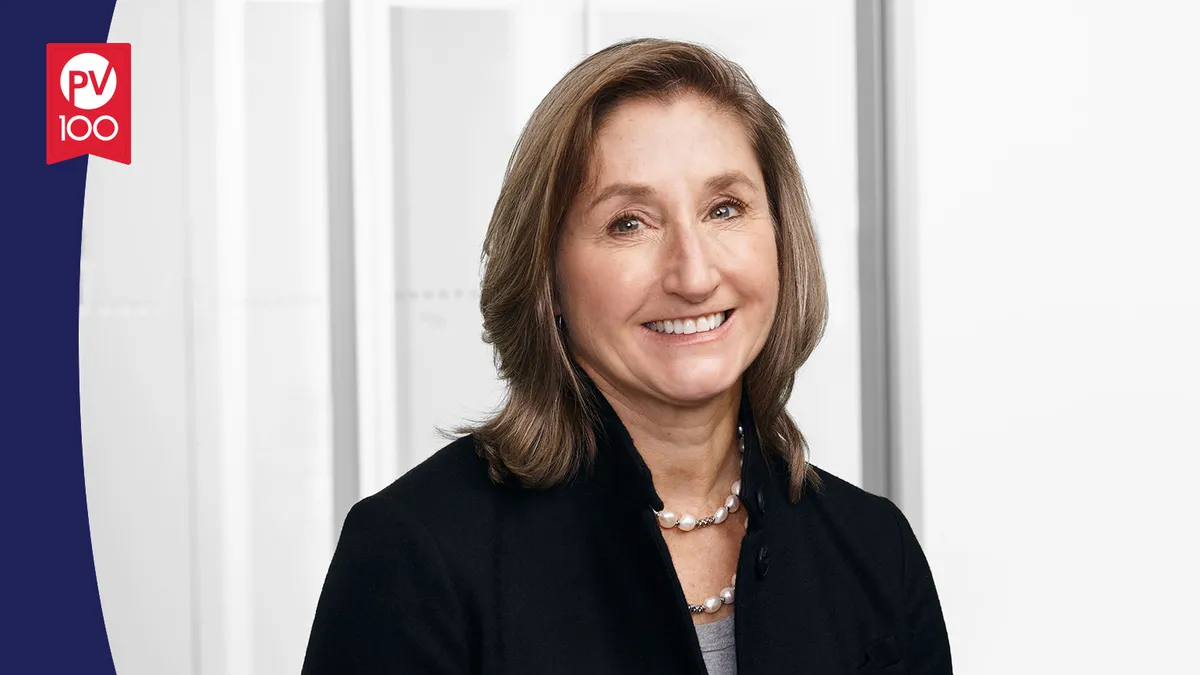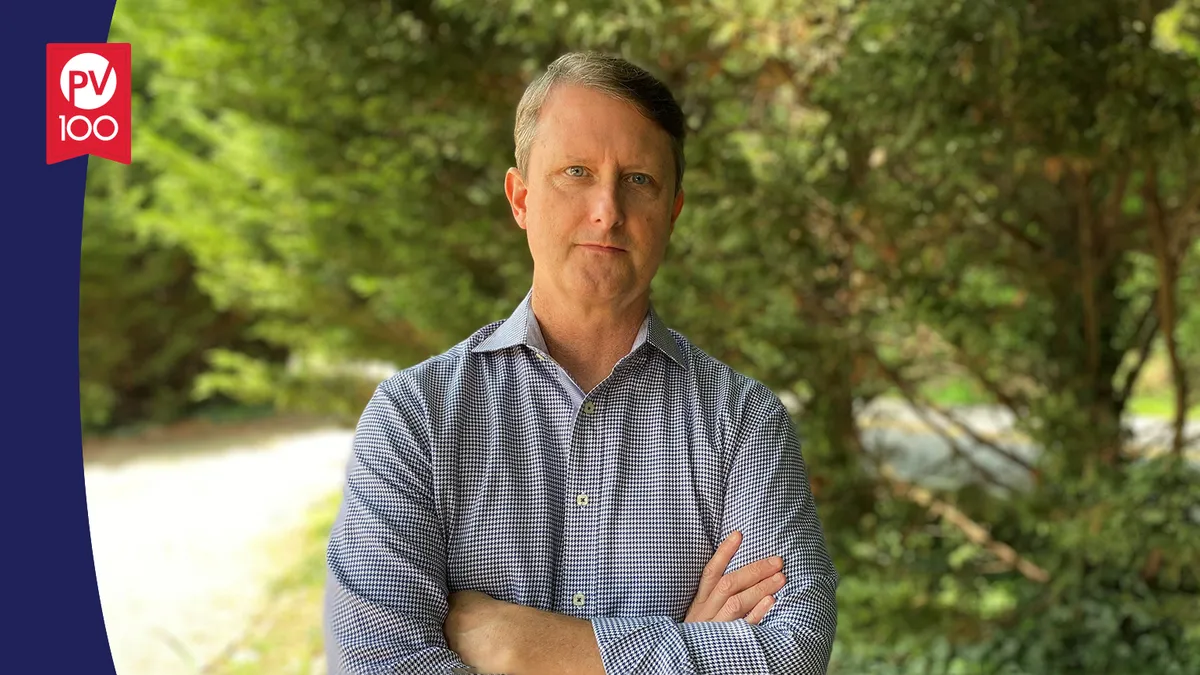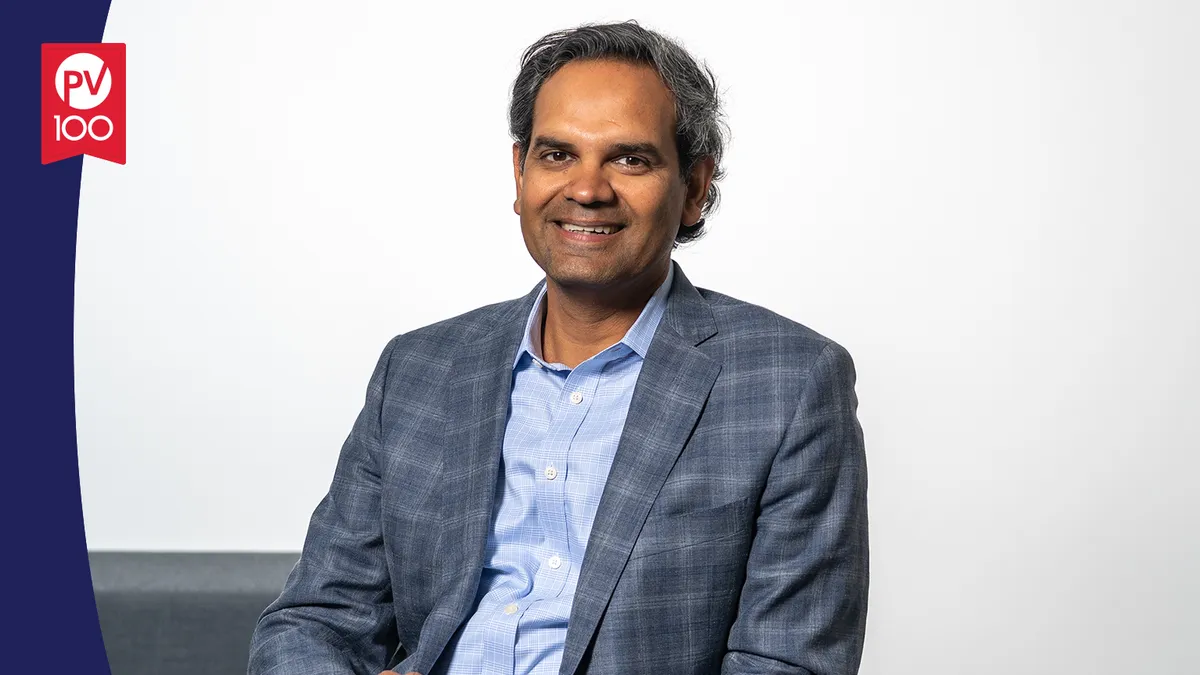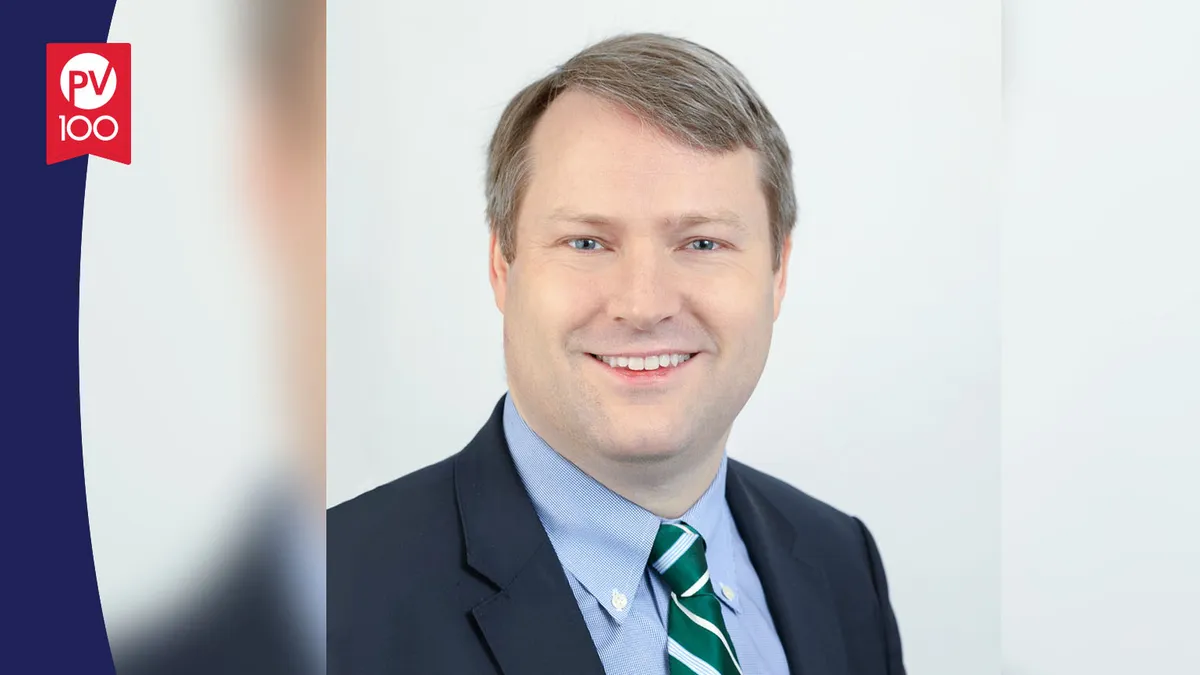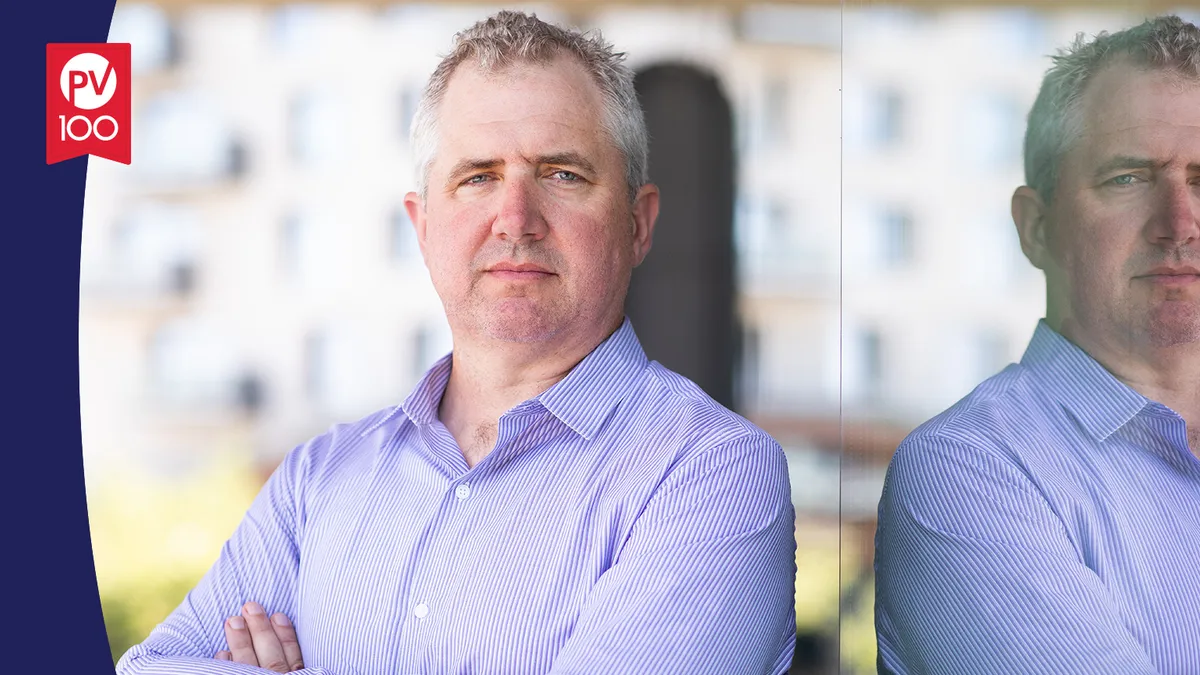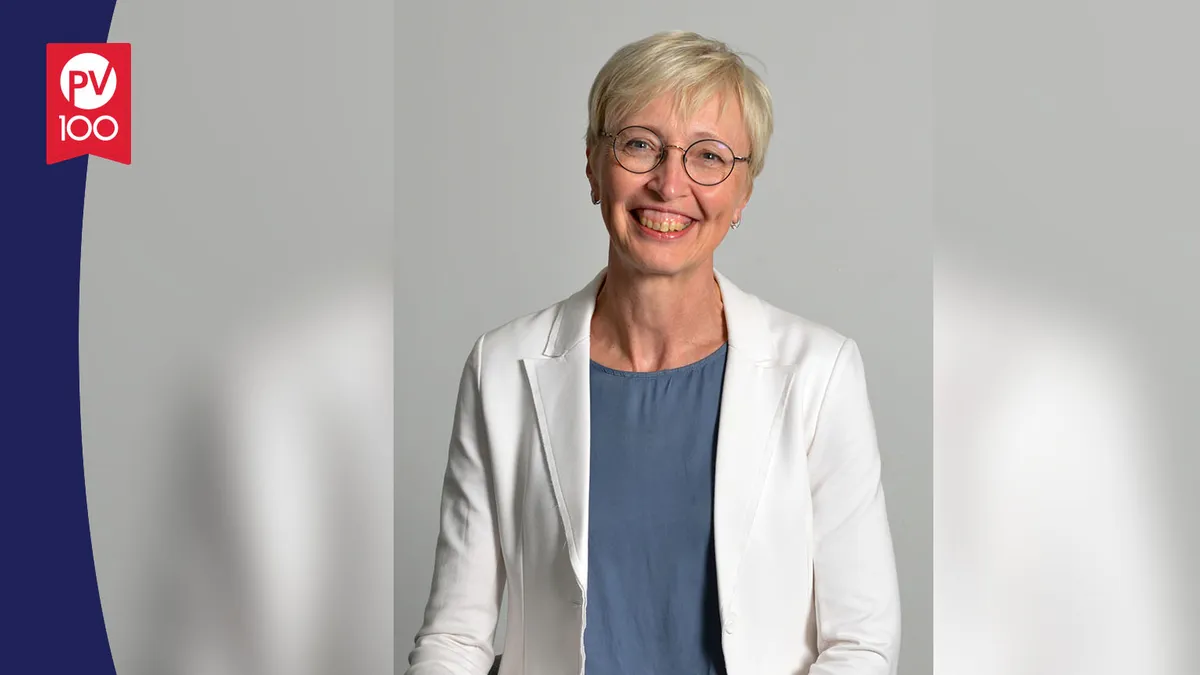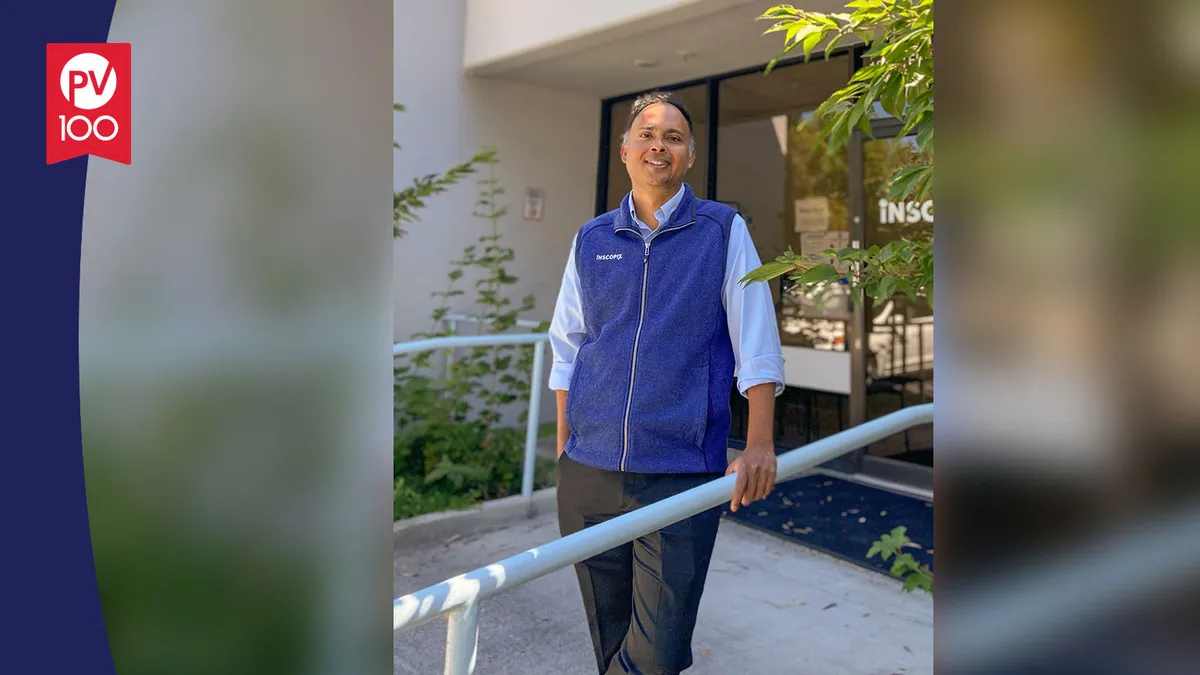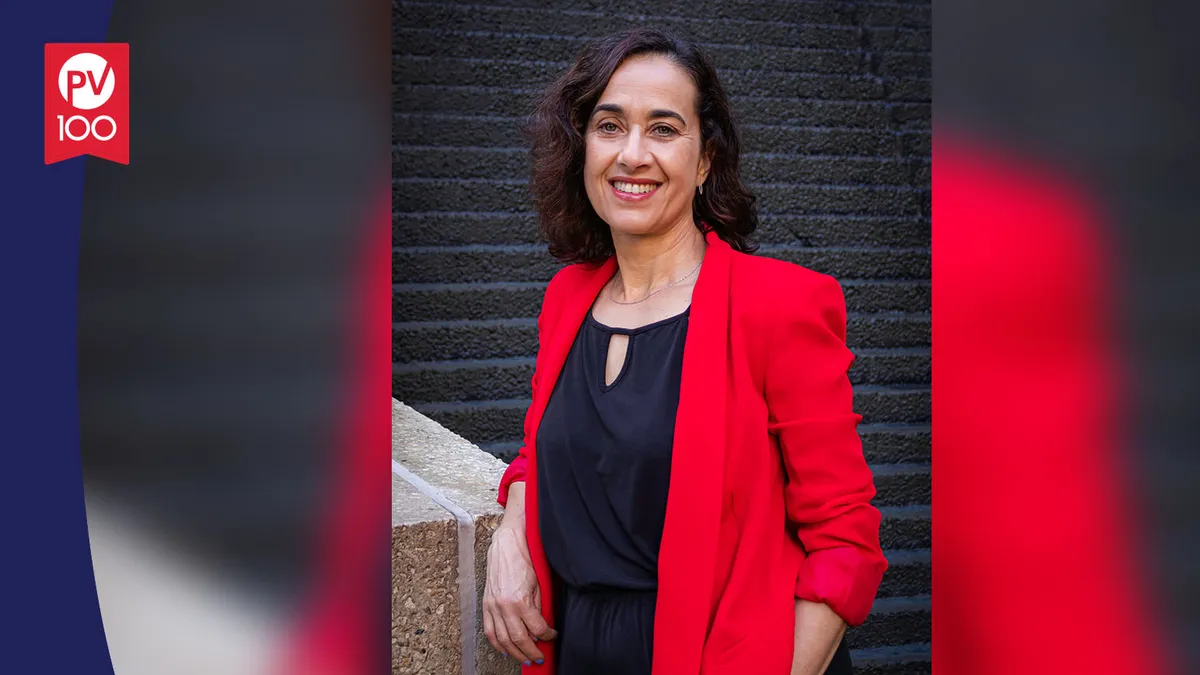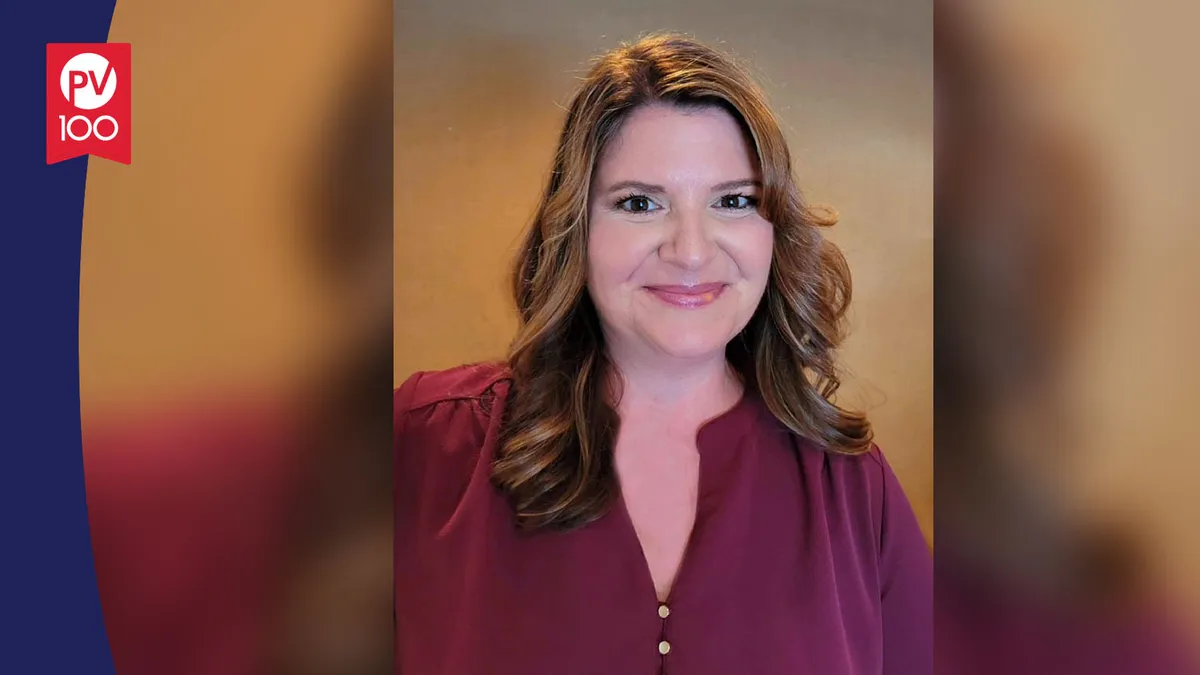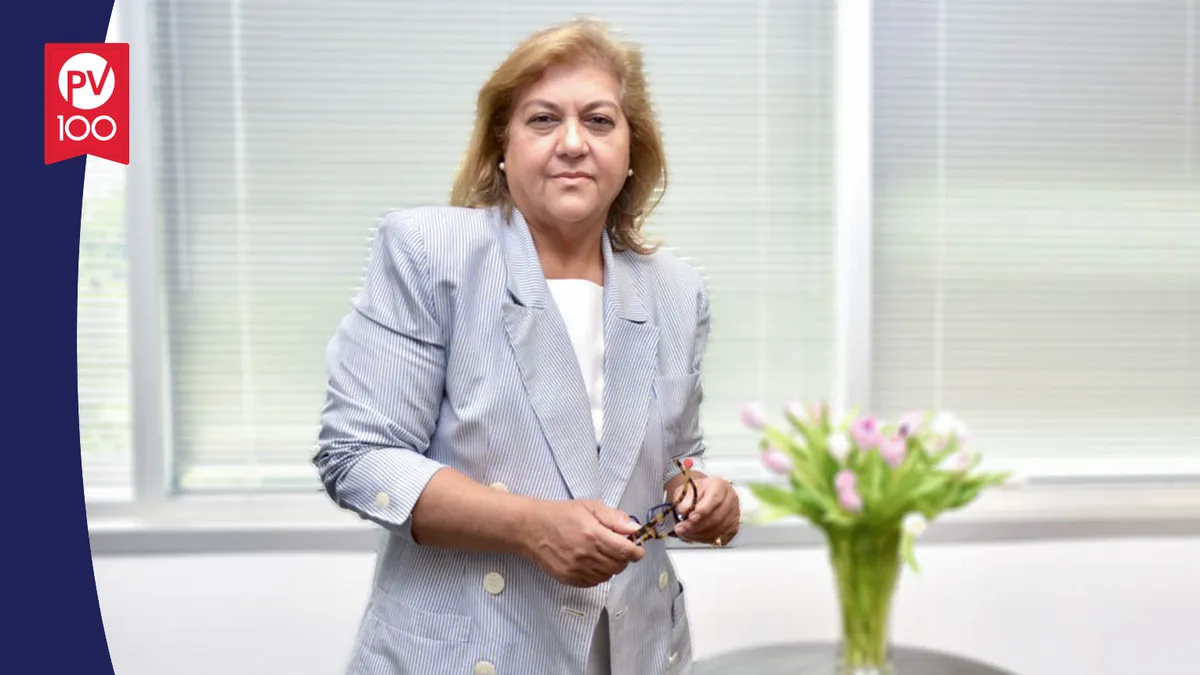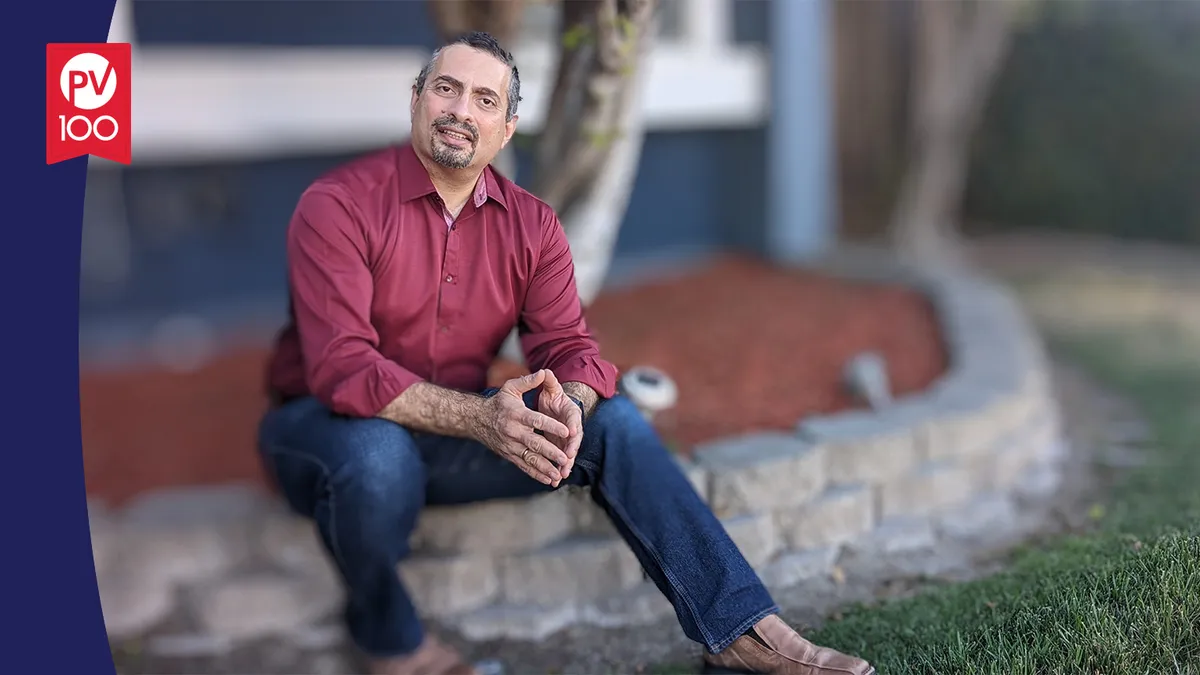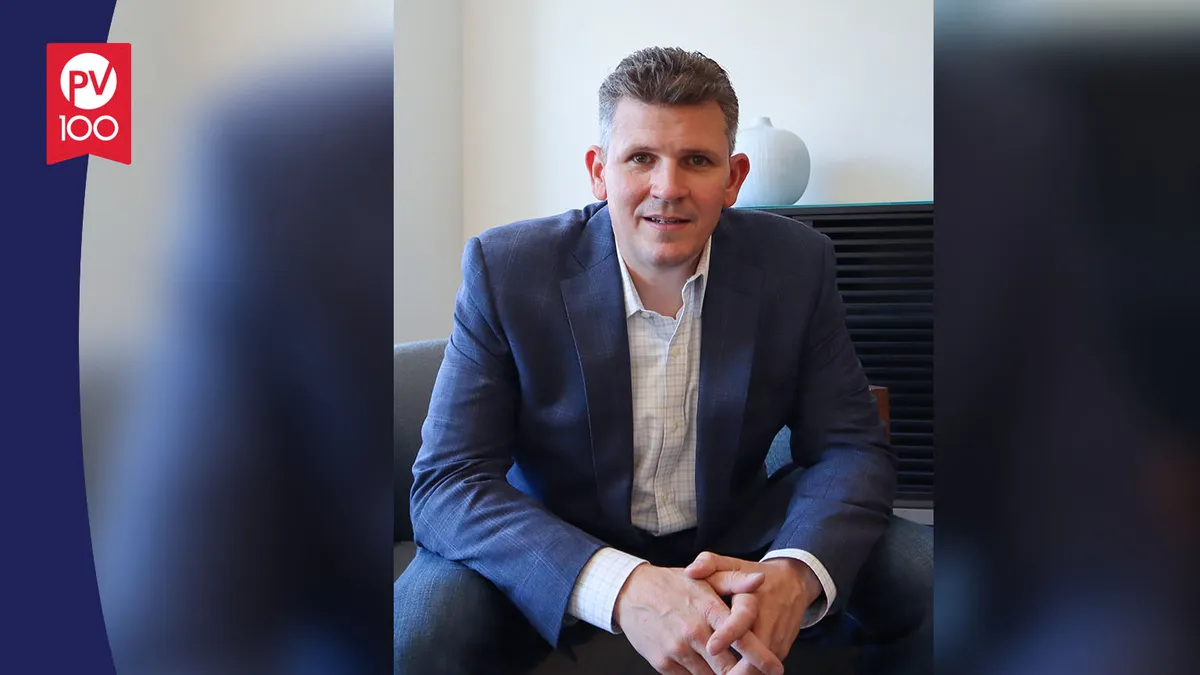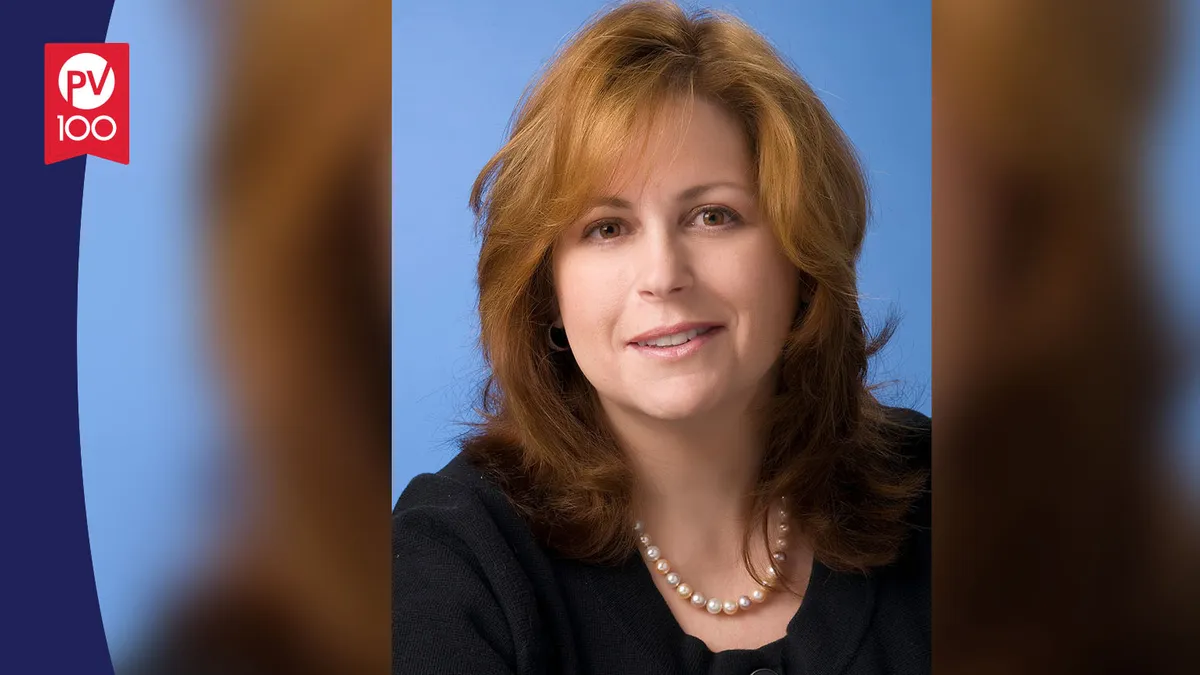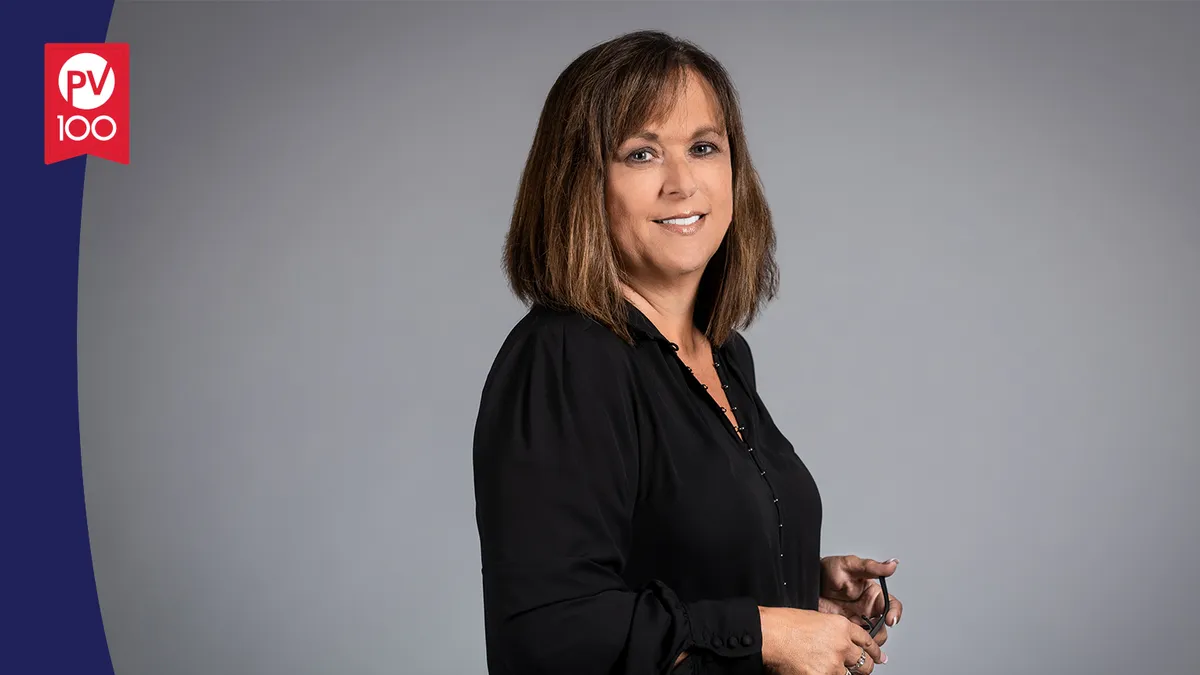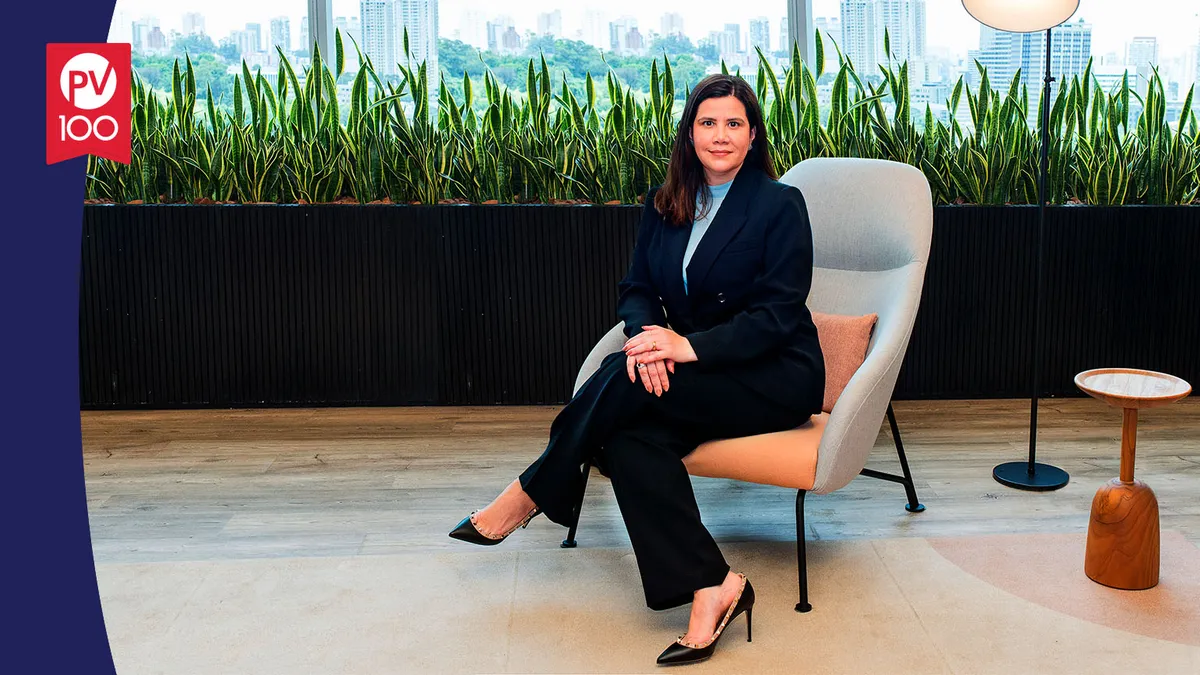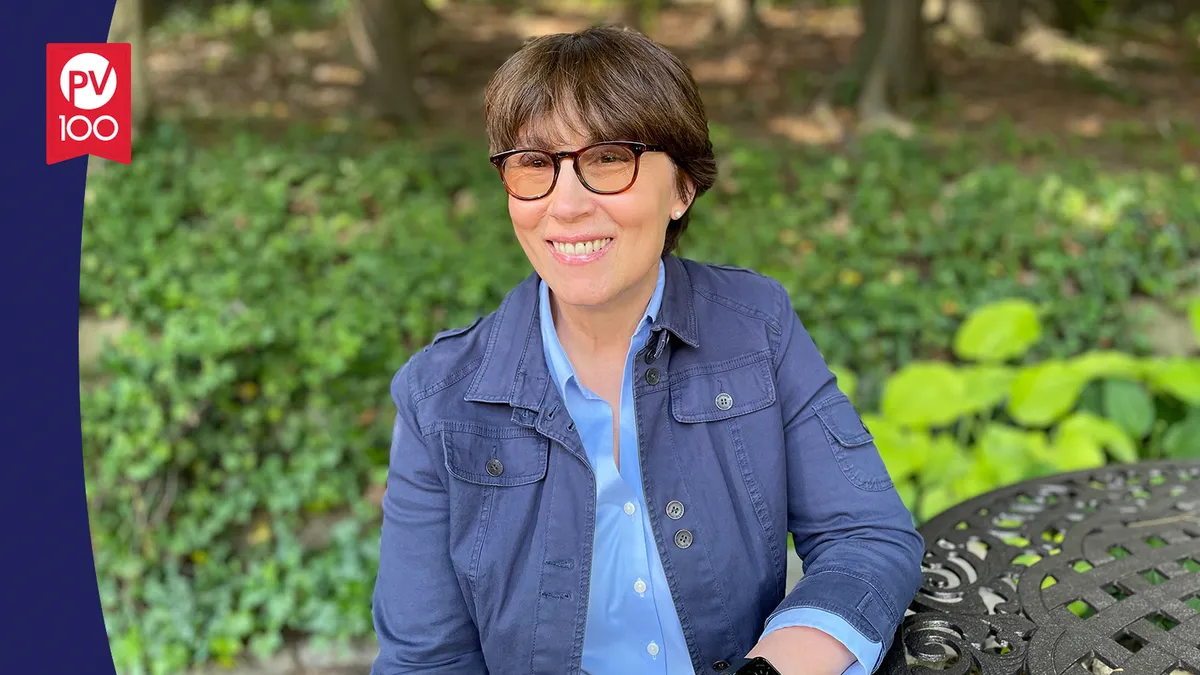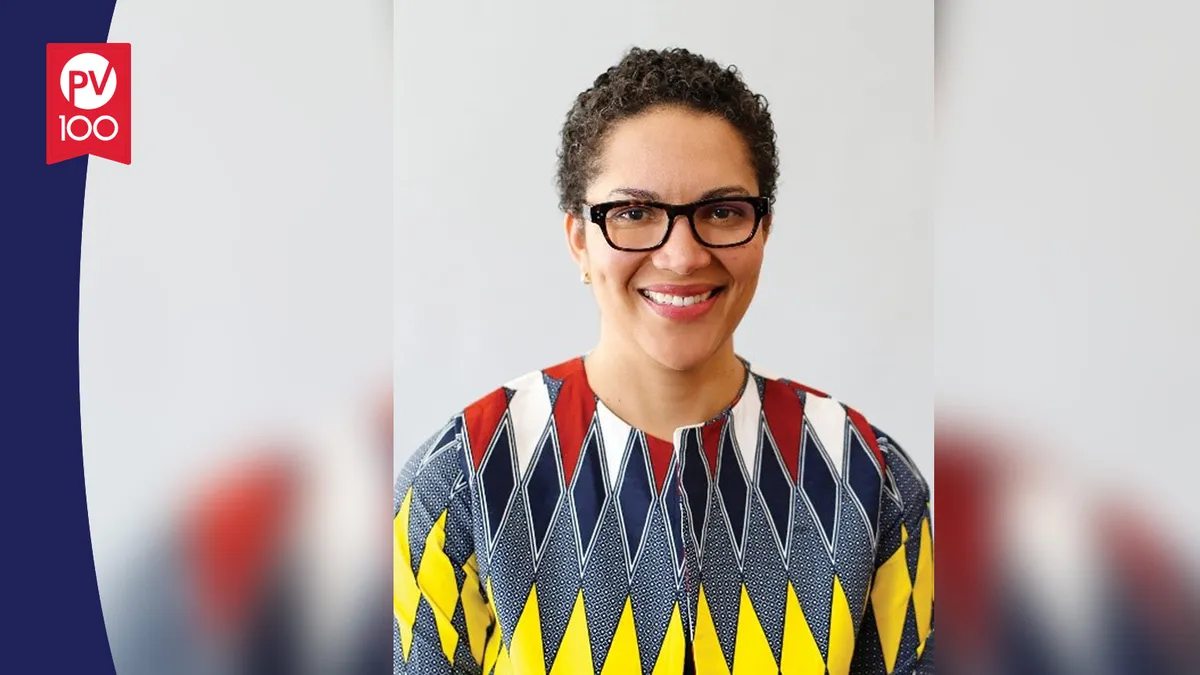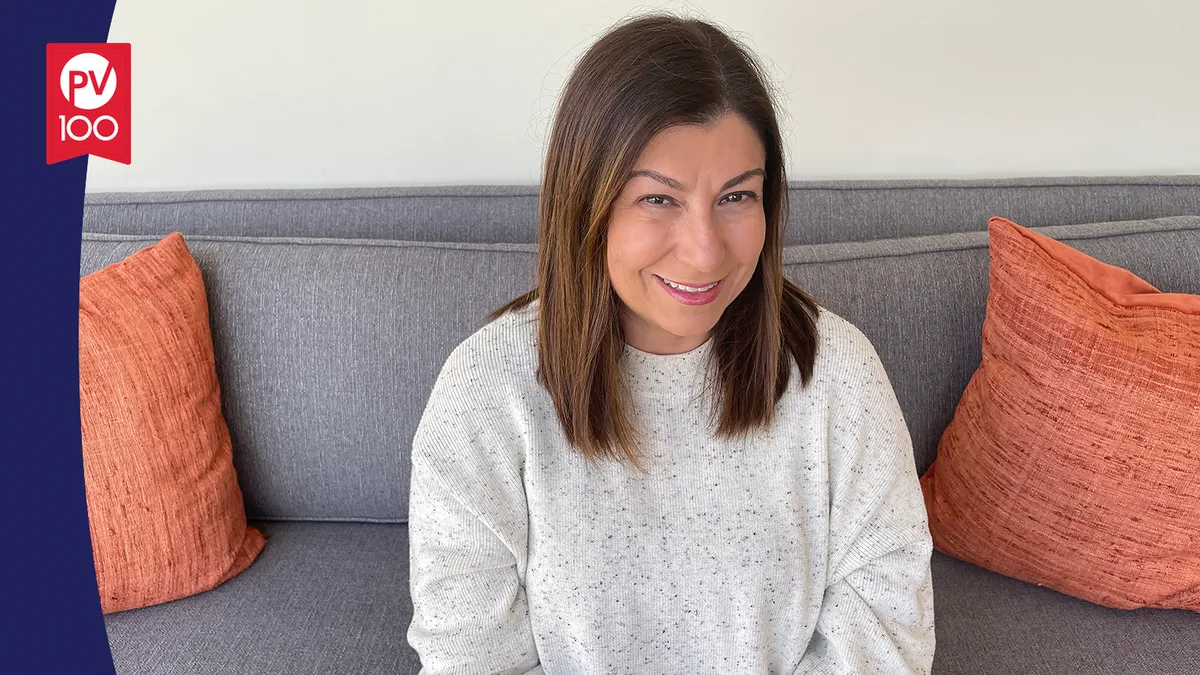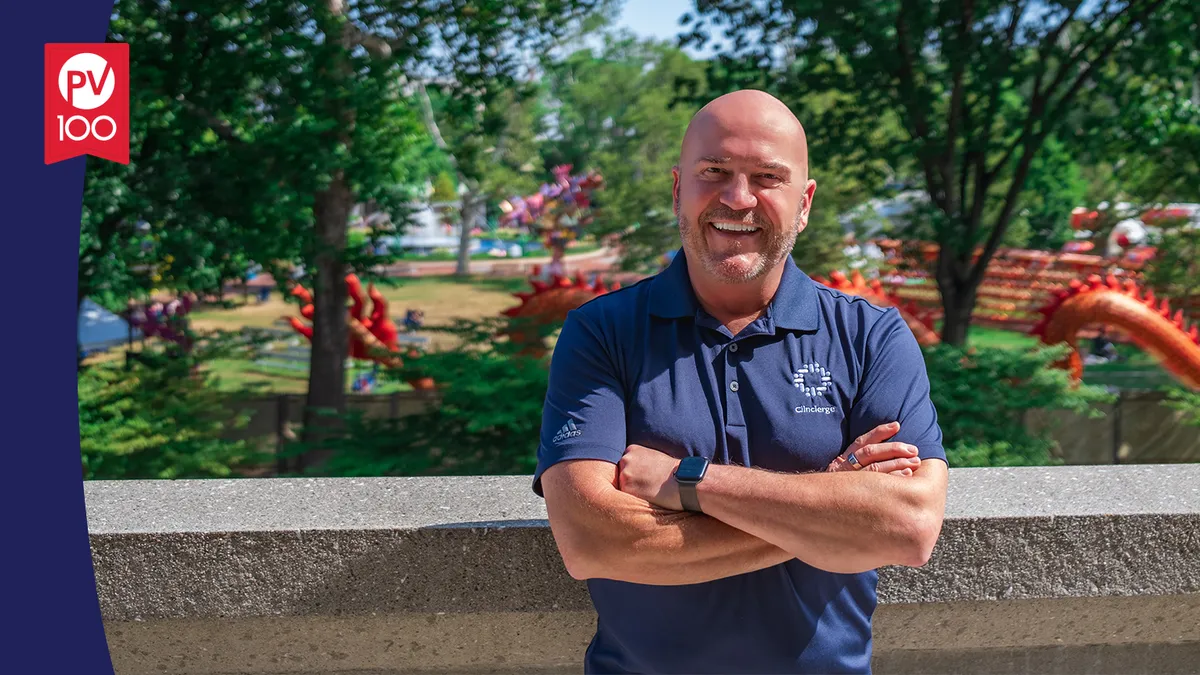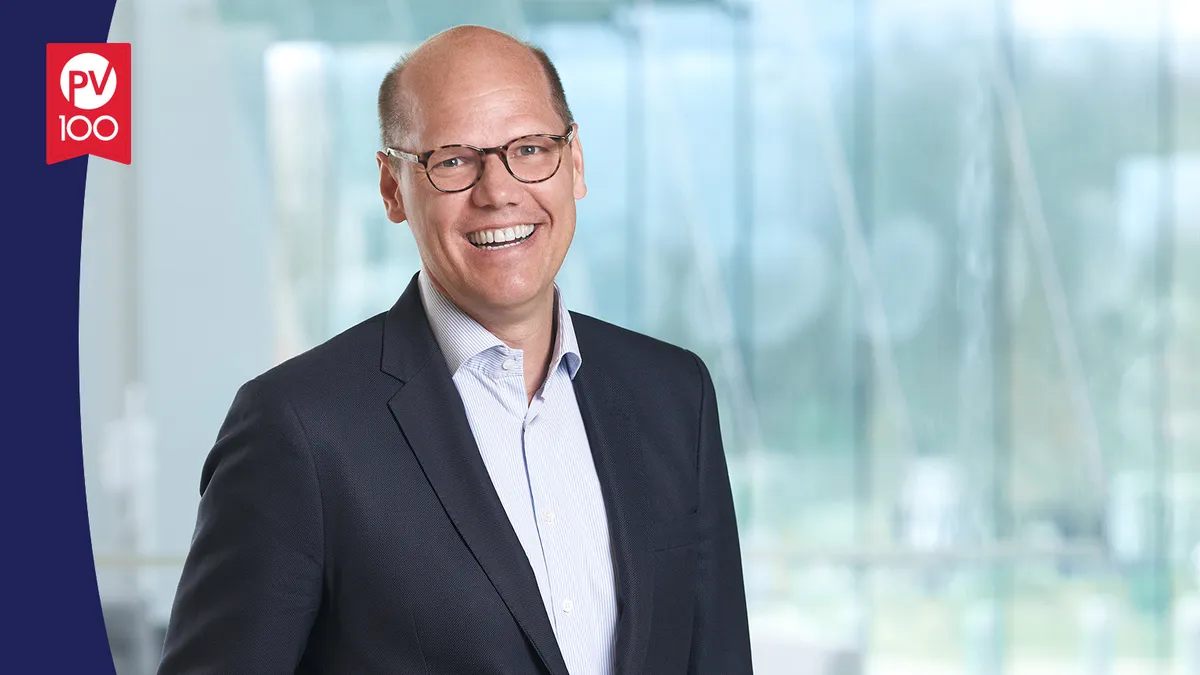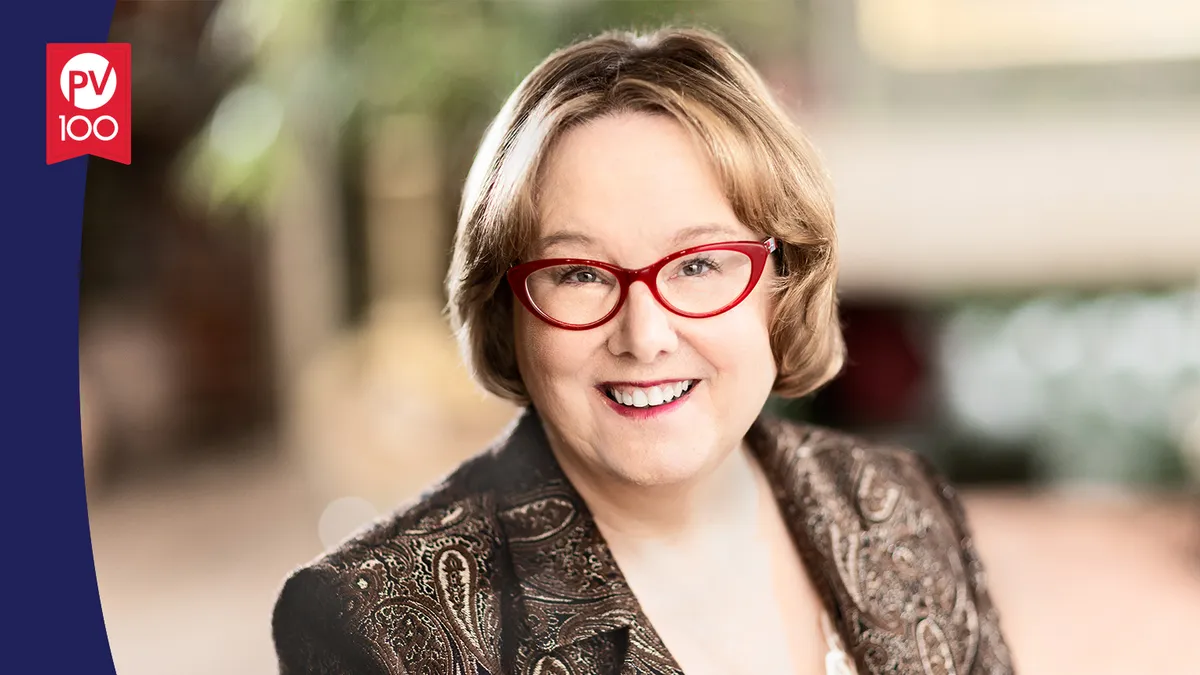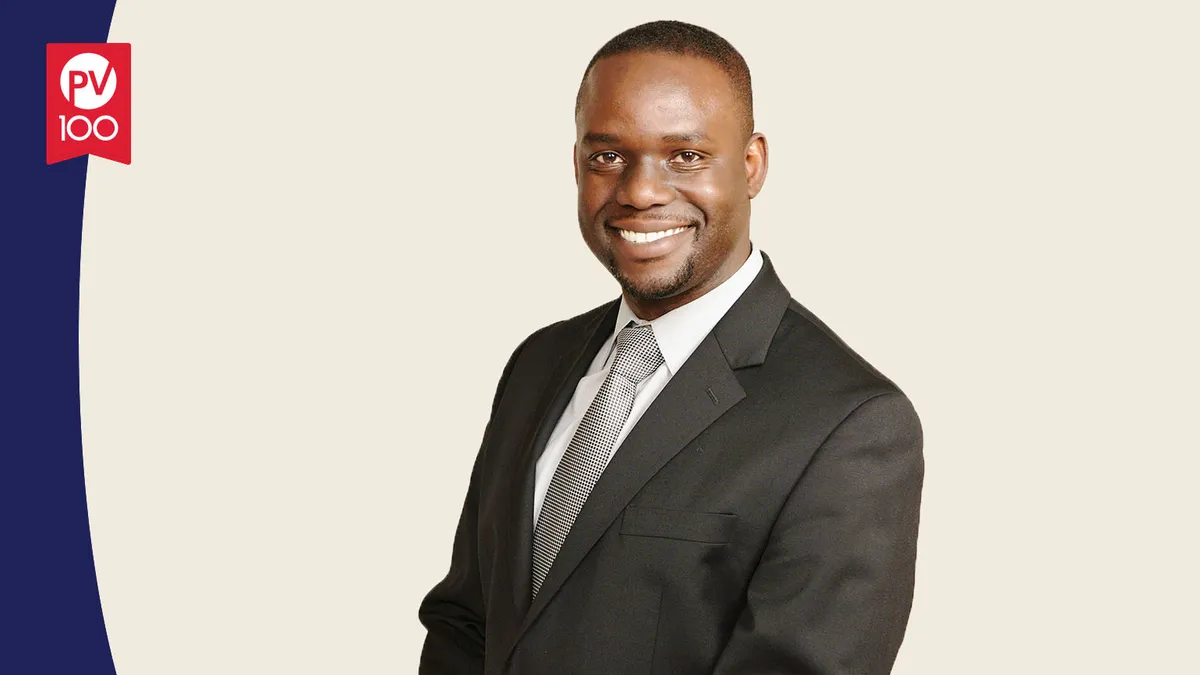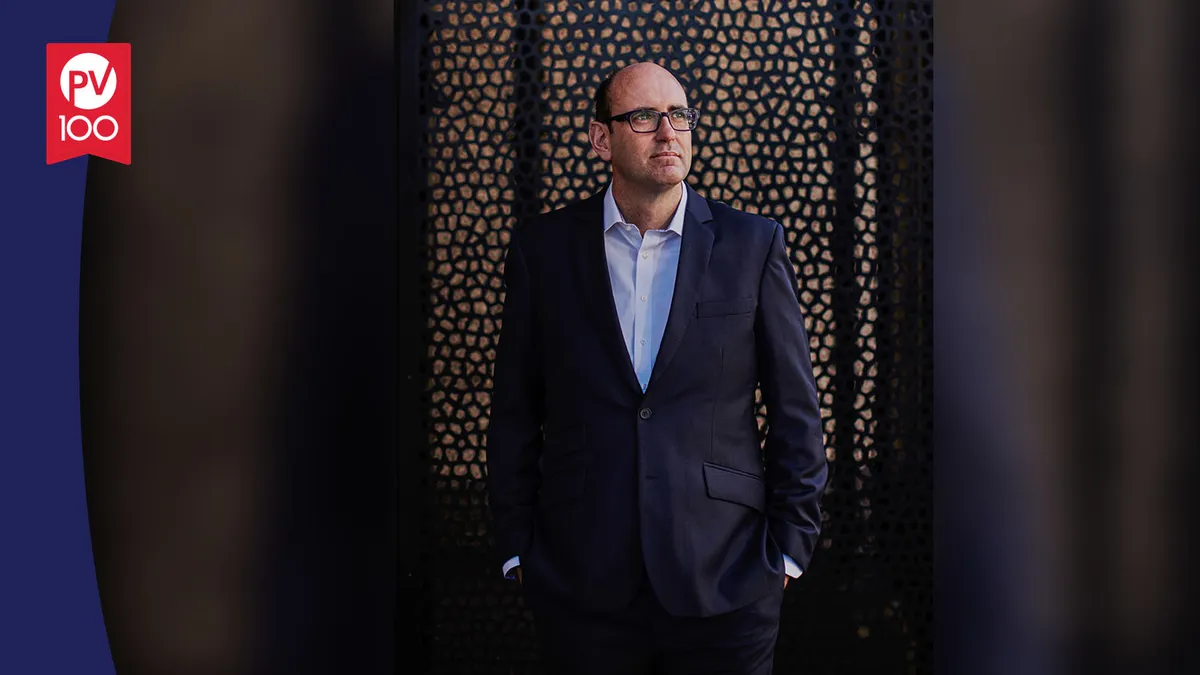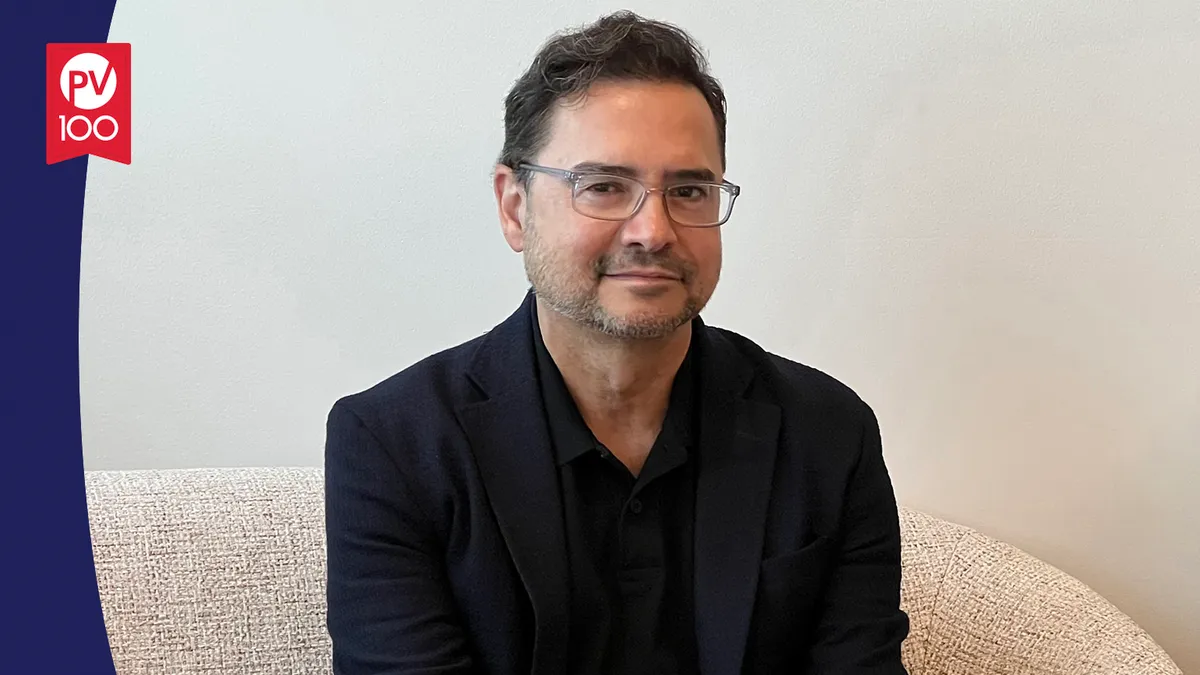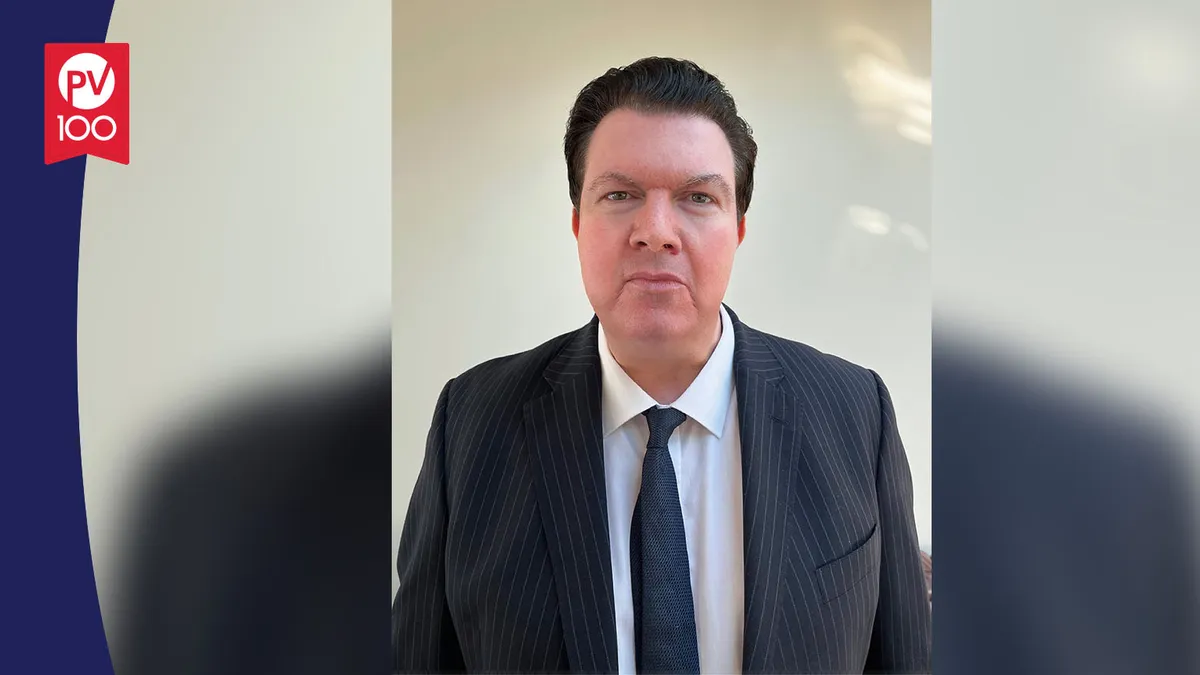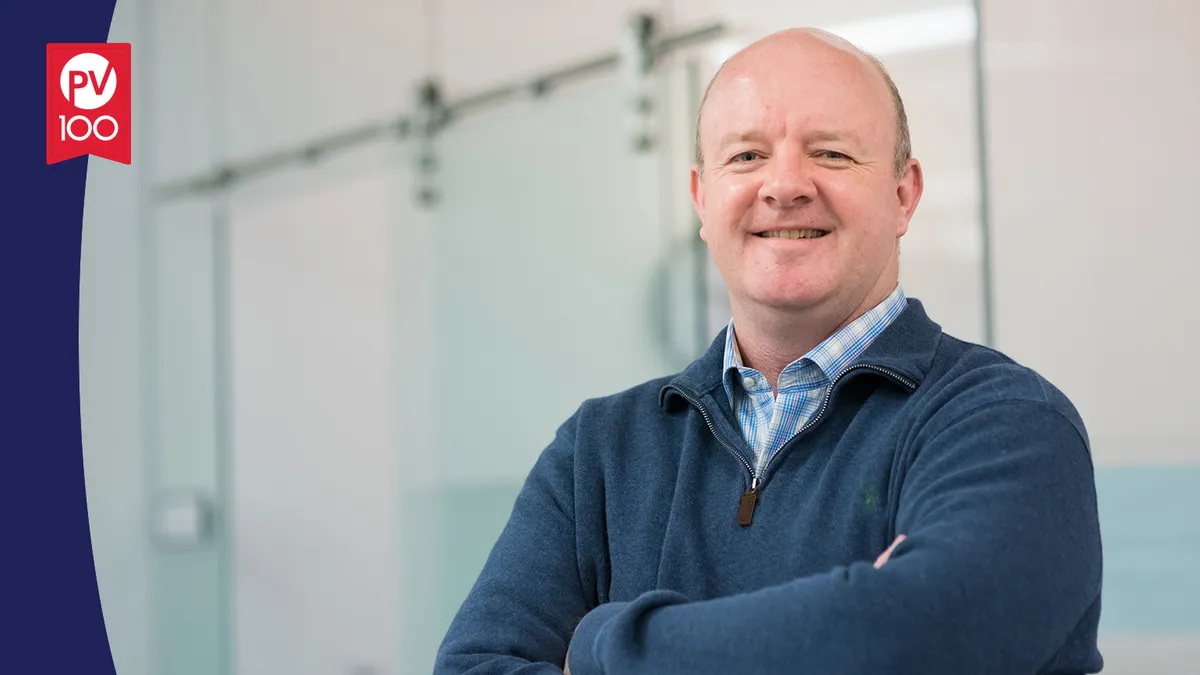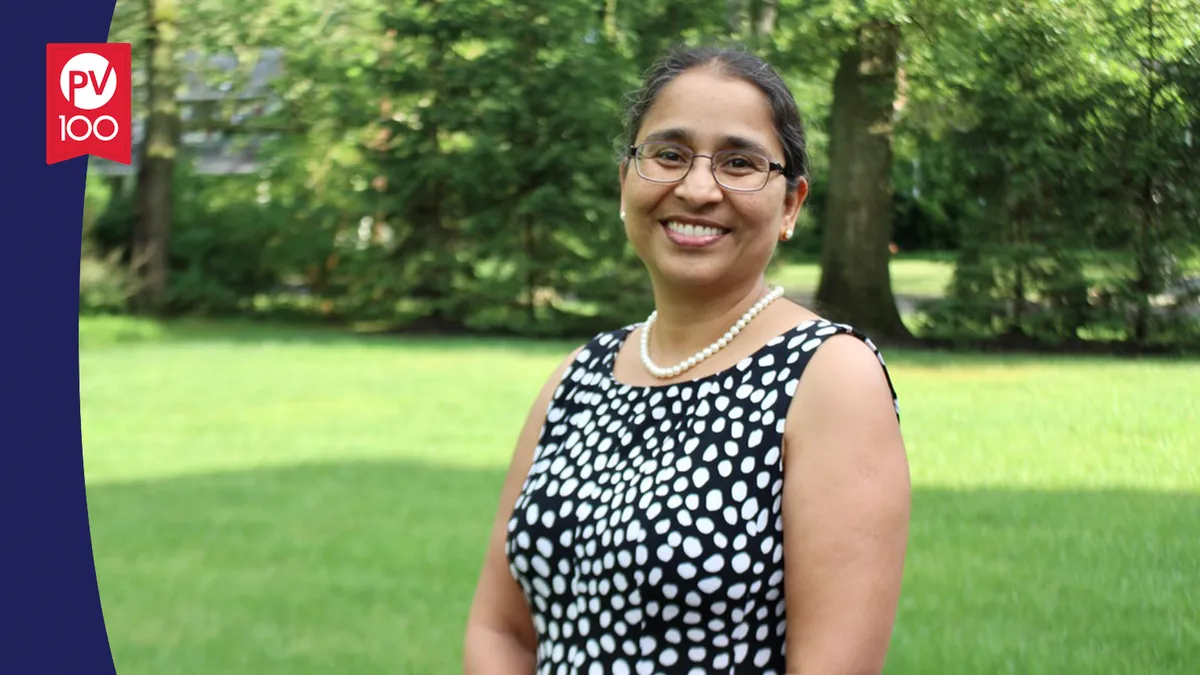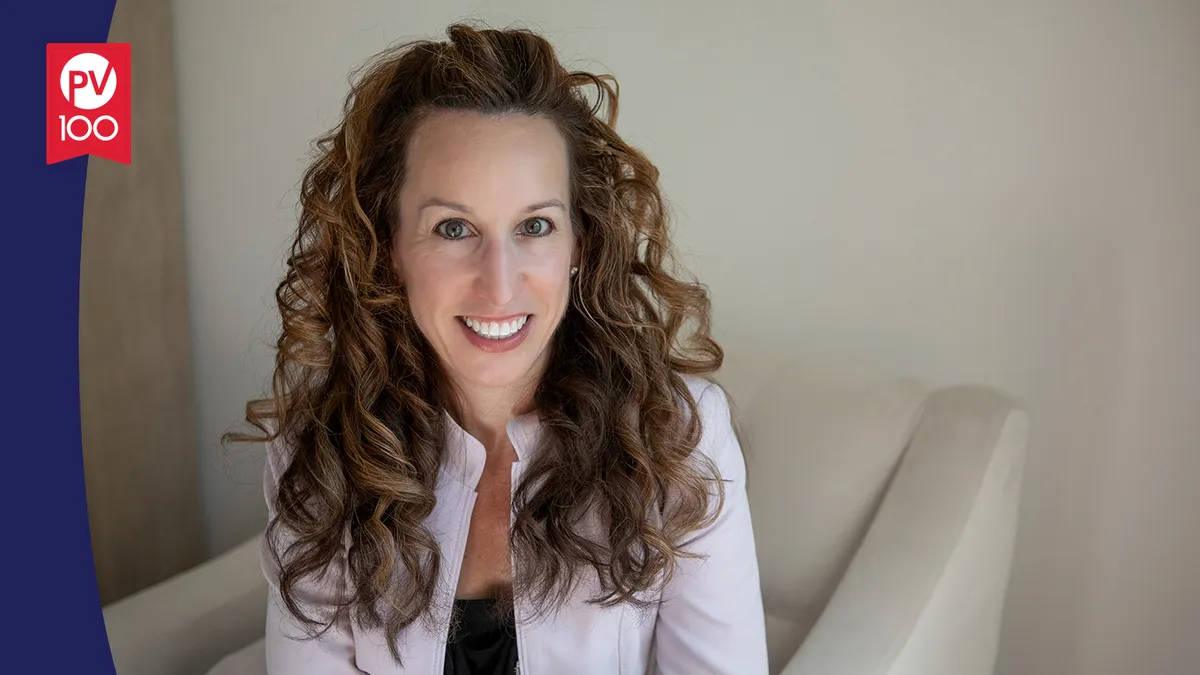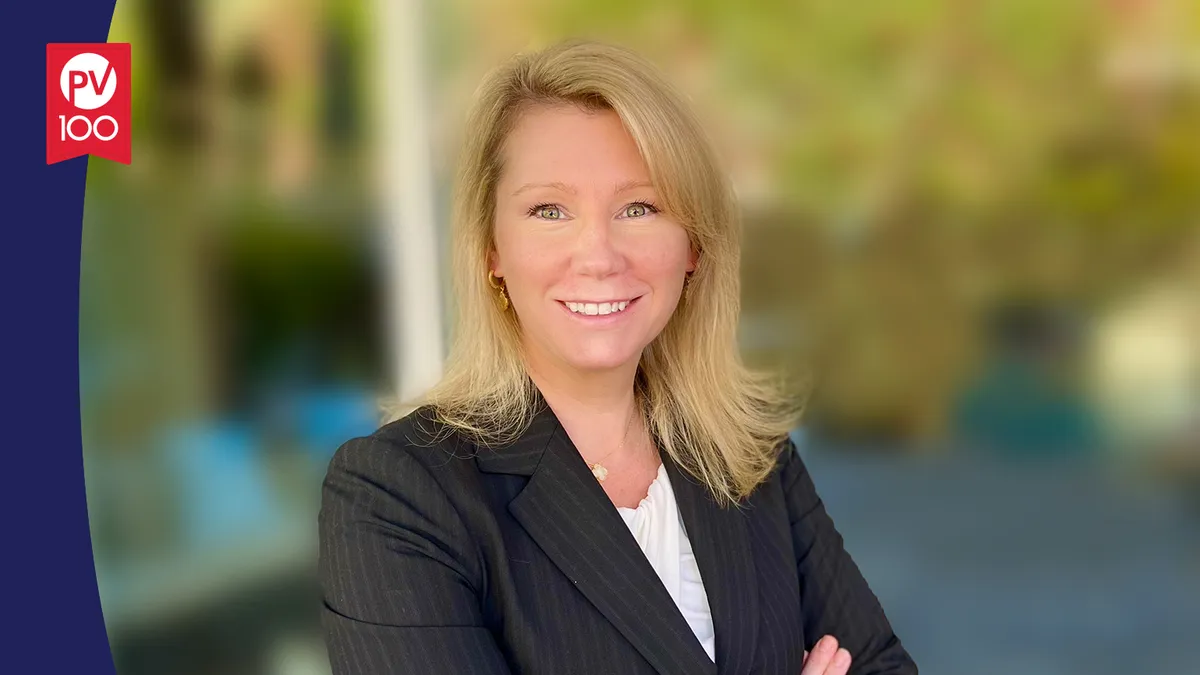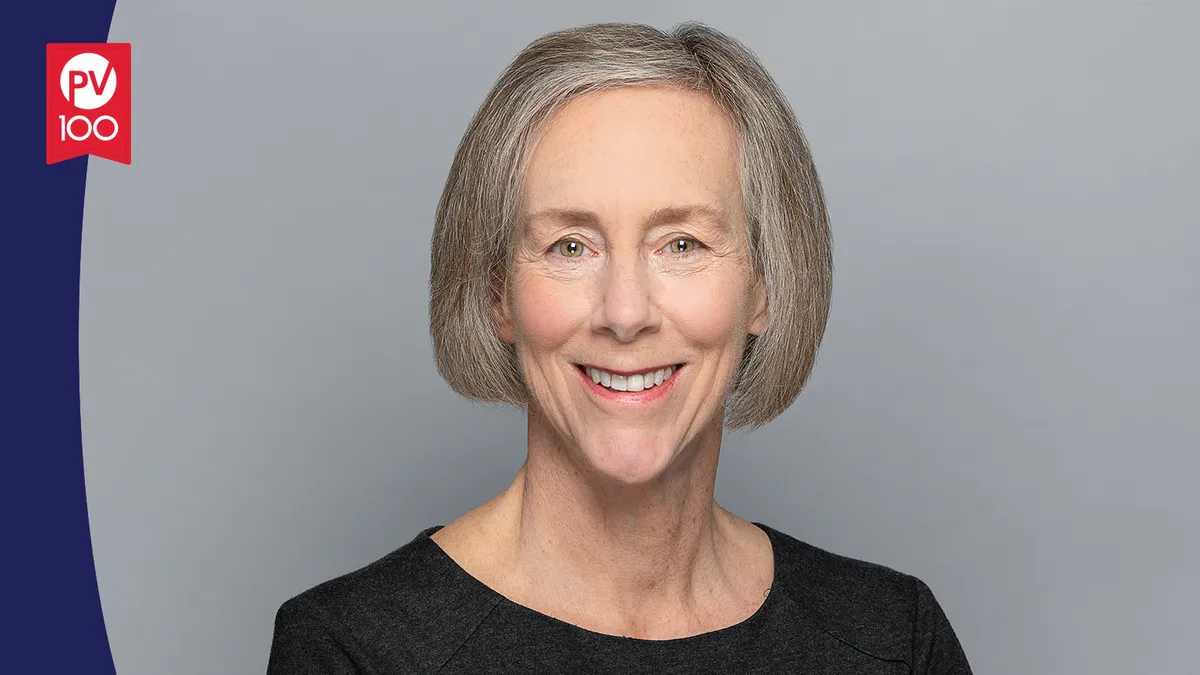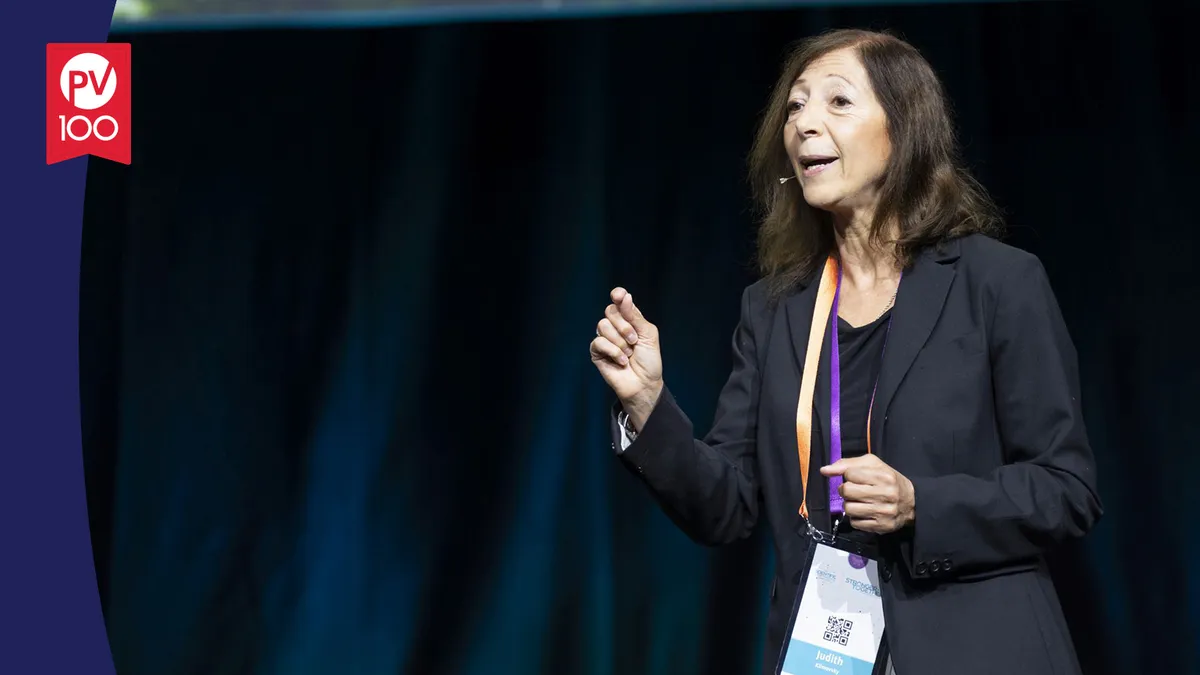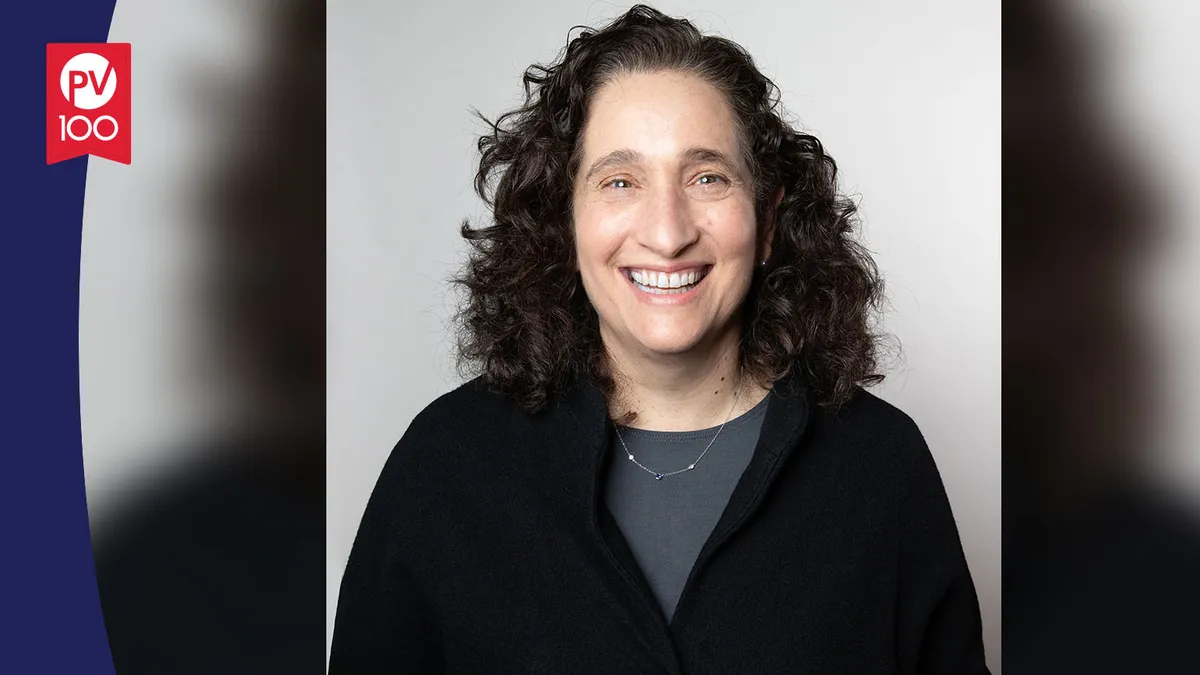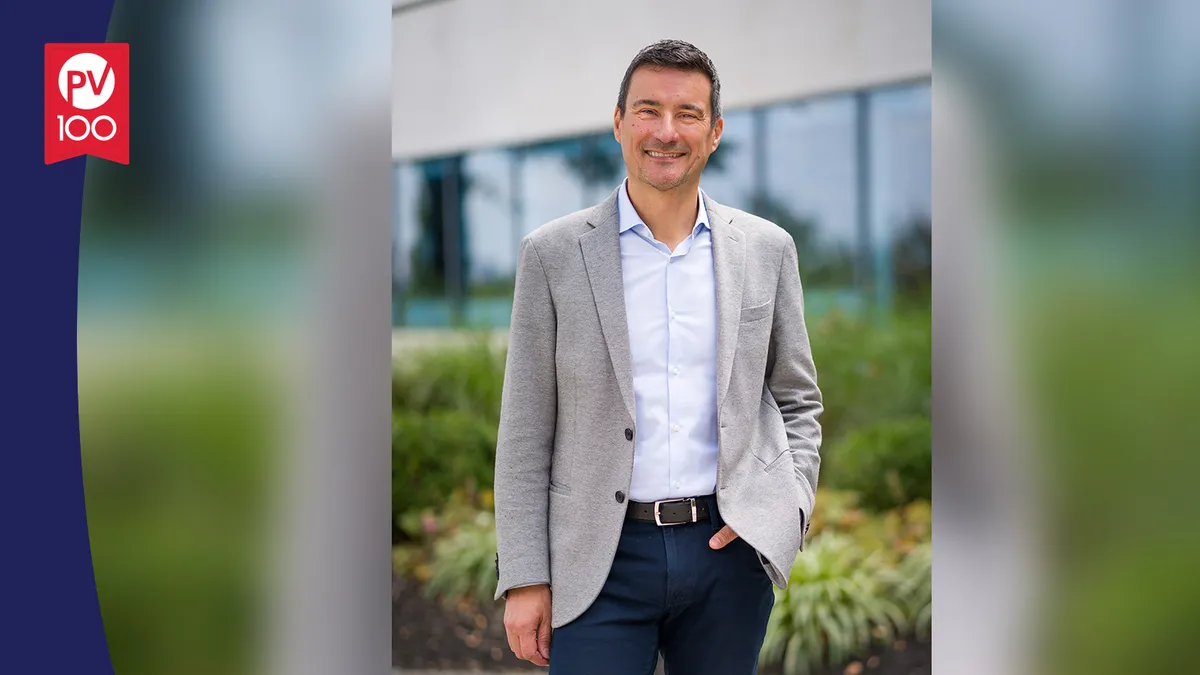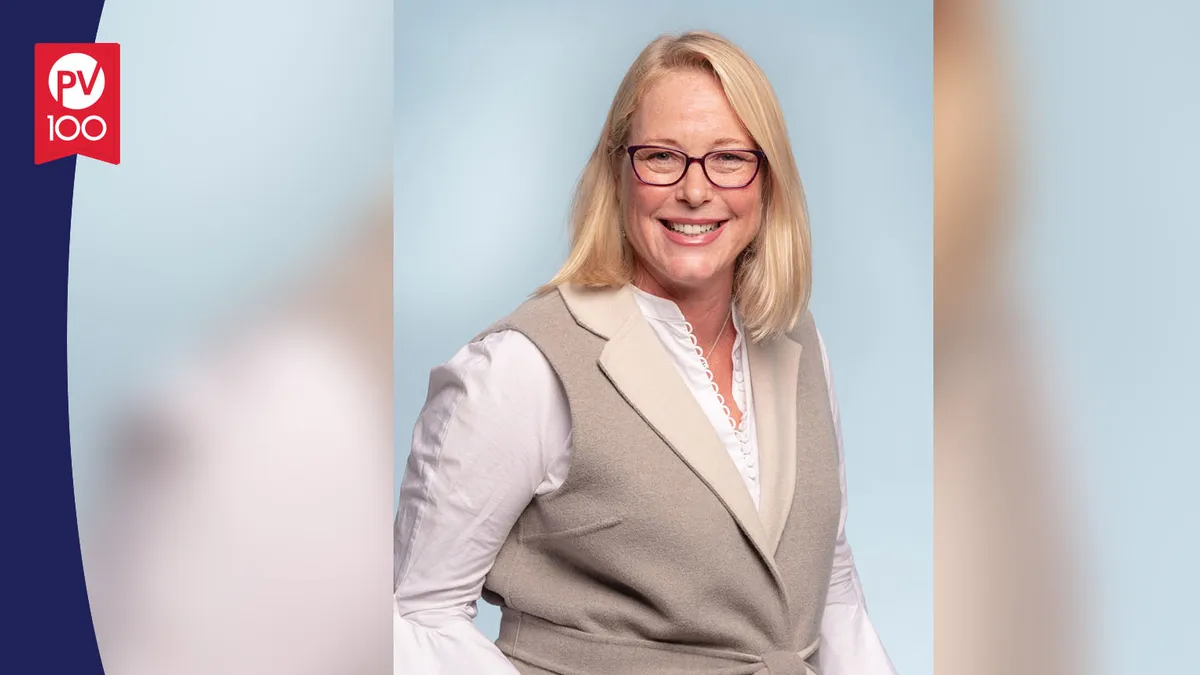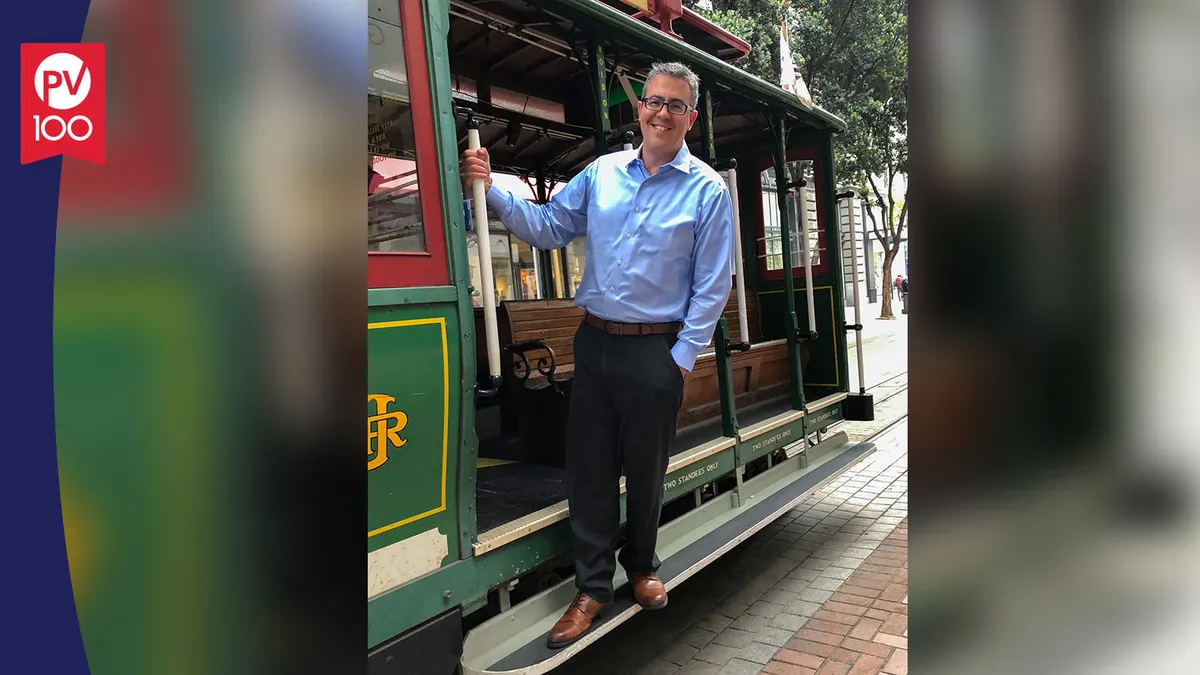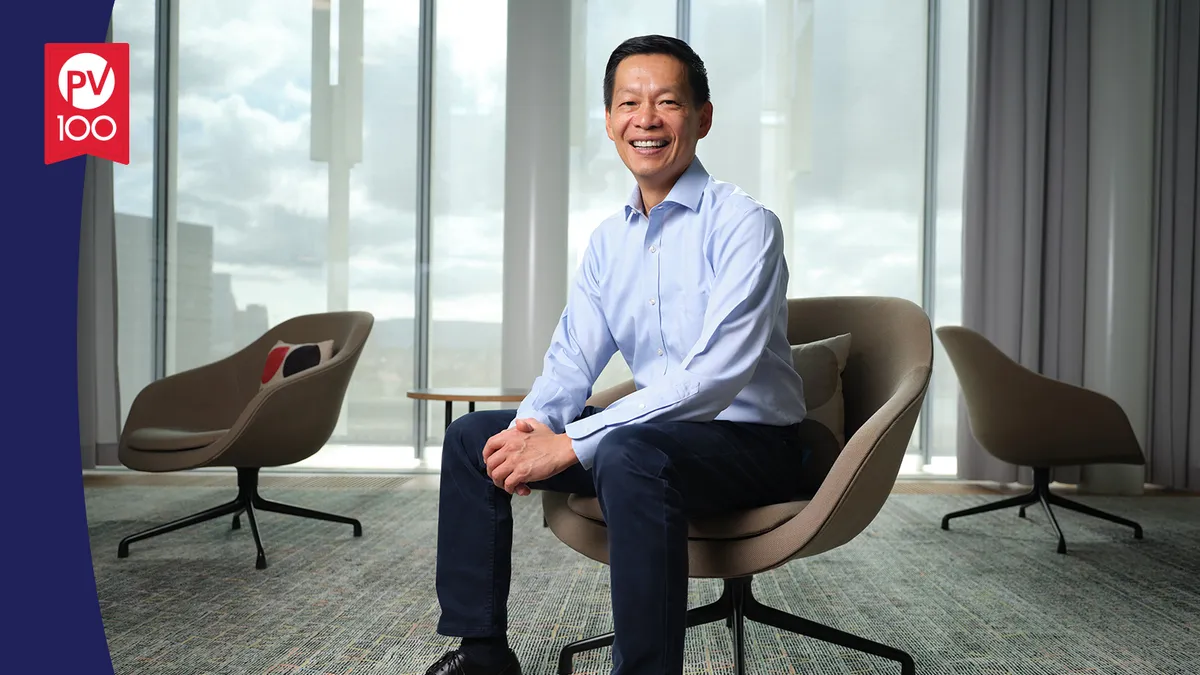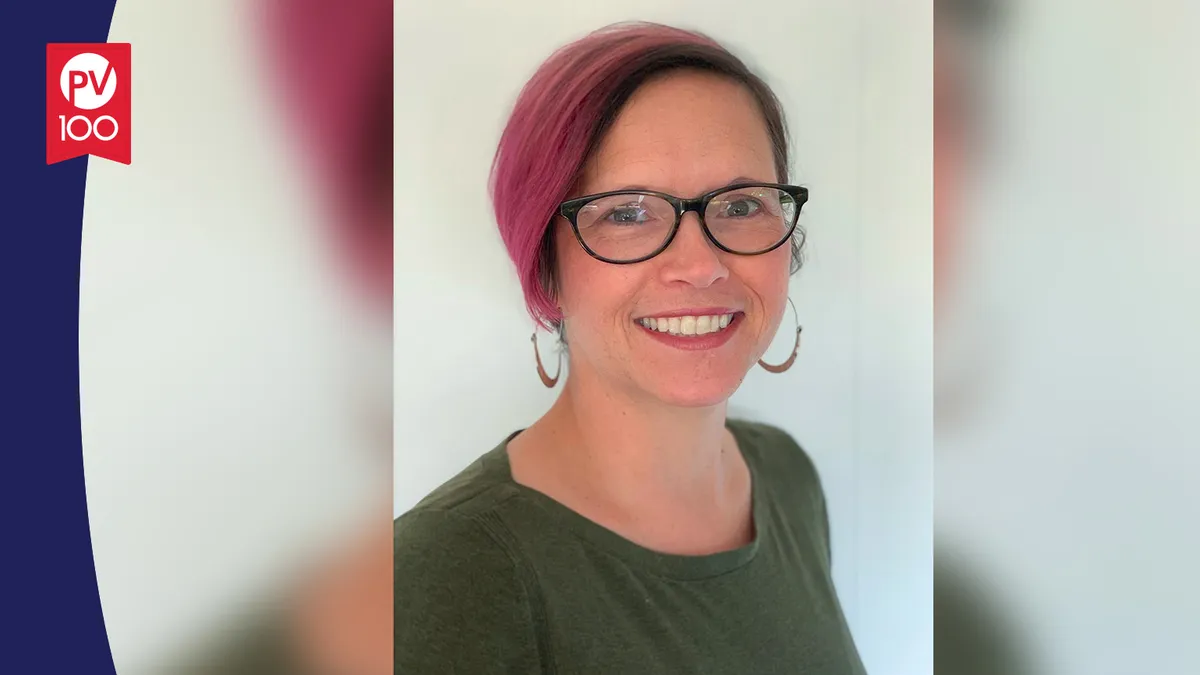Editor’s note: This story is part of our 2022 PharmaVoice 100 feature.
The most meaningful item on Dr. Ian Walters’ desk is his microscope. He says it reminds him of his beginnings as a doctor.
“When I see it, I remember that, despite now running a public company, my main focus and priority is, and will always be, to do good science. All the rest will follow,” he says.
As CEO of Portage Biotech, a clinical-stage company, Walters and his team are following a potentially disruptive scientific path to advance first-in-class immunotherapies that elevate or initiate the immune response across a range of cancer types.
Currently, Portage Biotech has a diverse multi-product portfolio with lead programs including invariant natural killer T cells (iNKT agonists) and a suite of assets targeting the adenosine pathway, which is known to play a role in cancer immunosuppression.
“By definition, ‘portage’ is a vessel that carries its cargo from one place to another,” Walters says. “We see ourselves carrying novel drugs from the lab to the patients who need them. We are the conduit to make this happen. However, the process to do this is much more challenging than pushing the boat off the shore.”
With six biotech startups to his credit, the serial entrepreneur spent seven years at Bristol Myers Squibb where colleagues credit him with overseeing global development physicians working on multiple oncology products including the checkpoint inhibitors Opdivo, an anti-PD-1 antibody, and Yervoy, an anti-CTLA-4 antibody. These were the first two immuno-oncology products approved and led to a revolution in cancer treatment.
“We need to keep pushing to get the new drugs approved and accessible, and I hope that we can innovate and improve the paradigm,” Walters says. “I have been involved with two major paradigm-shifting therapies in the past. They both progressed through the clinic very quickly, and we were able to get them to the patients who need them the most. Hopefully I can do that again and expand the options for those who are suffering with this disease and struggle with some of the poor alternatives for treatment.”
Walters’ commitment to “perfecting his craft” and dedication to continual learning and personal growth serve as inspiration to his team. Walters is credited with having a collaborative mindset, which is evident in his willingness to work with other scientists and leaders in the immuno-oncology arena to advance progress in the field. He is a board member and independent director at several other companies, and he also serves on several committees in the cancer research space.
“I was drawn to the life sciences industry when I realized that I would have the ability to help many more patients than I could have seen in my medical practice if I continued as a doctor.”
Dr. Ian Walters
CEO, Portage Biotech
While Walters is all-in on disrupting the status quo scientifically, according to one of his nominators, he hasn’t abandoned his musical roots, and he still “plays, teaches and helps his musician friends succeed in business.” In fact, Walters and other well-known immuno-oncology scientists spent several years performing with the band The Checkpoints, which also included Nobel Laureate Jim Allison.
Here, Walters talks about his mission to change the trajectory of cancer research, his all-in leadership philosophy and how he’s paying his success forward.
PharmaVoice: How are you disrupting cancer research?
Dr. Ian Walters: We view our blue ocean as the opportunity to expand the use of different immune cells to promote an anti-cancer attack. Much of the original work in this area was focused on a specific immune cell — the T cell. We are excited to address the rest of the ‘ocean’ of immune cells to coordinate a multi-pronged attack on cancer. The beauty of this is that the target is the immune system, not the specific cancer, so this approach can address multiple cancer types simultaneously.
How would you describe your leadership style?
I knew early on that I wanted to become a doctor, and I was fortunate to become a surgeon. During my training, I was always taught that nothing is outside of your job description. If something needs to get done, no matter how trivial, you need to do it yourself. I have carried that idea throughout my career.
I also believe that to be a good leader you need to have ‘been there and done that.’ I have essentially done almost every job within the R&D function of a company. I went back to school and completed my doctorate in experimental medicine as well as my MBA. It is not the letters that appear after my name that make me qualified to do my job — it’s the fact that I have ‘been there and done that’ multiple times and truly understand at every level what is needed to make a project successful.
What leadership skill have you acquired in the past two years?
I have been honing the ability to ‘turn it on’ at a moment’s notice to be ready to present the company whenever necessary. Having done hundreds of pitches in the past few years, I have been improving my ability to switch into that mode despite whatever else is going on in my life and no matter how many times I have done the same pitch that day.
How are you paying your success forward?
I mentor people about career paths and non-traditional careers for physicians who are interested in exploring their options beyond practicing medicine. Primarily, I mentor students who are planning their future career paths and physicians who want to learn more about the industry. I cover topics with them that include an industry overview, the type of roles that are available and how to break into the industry.


